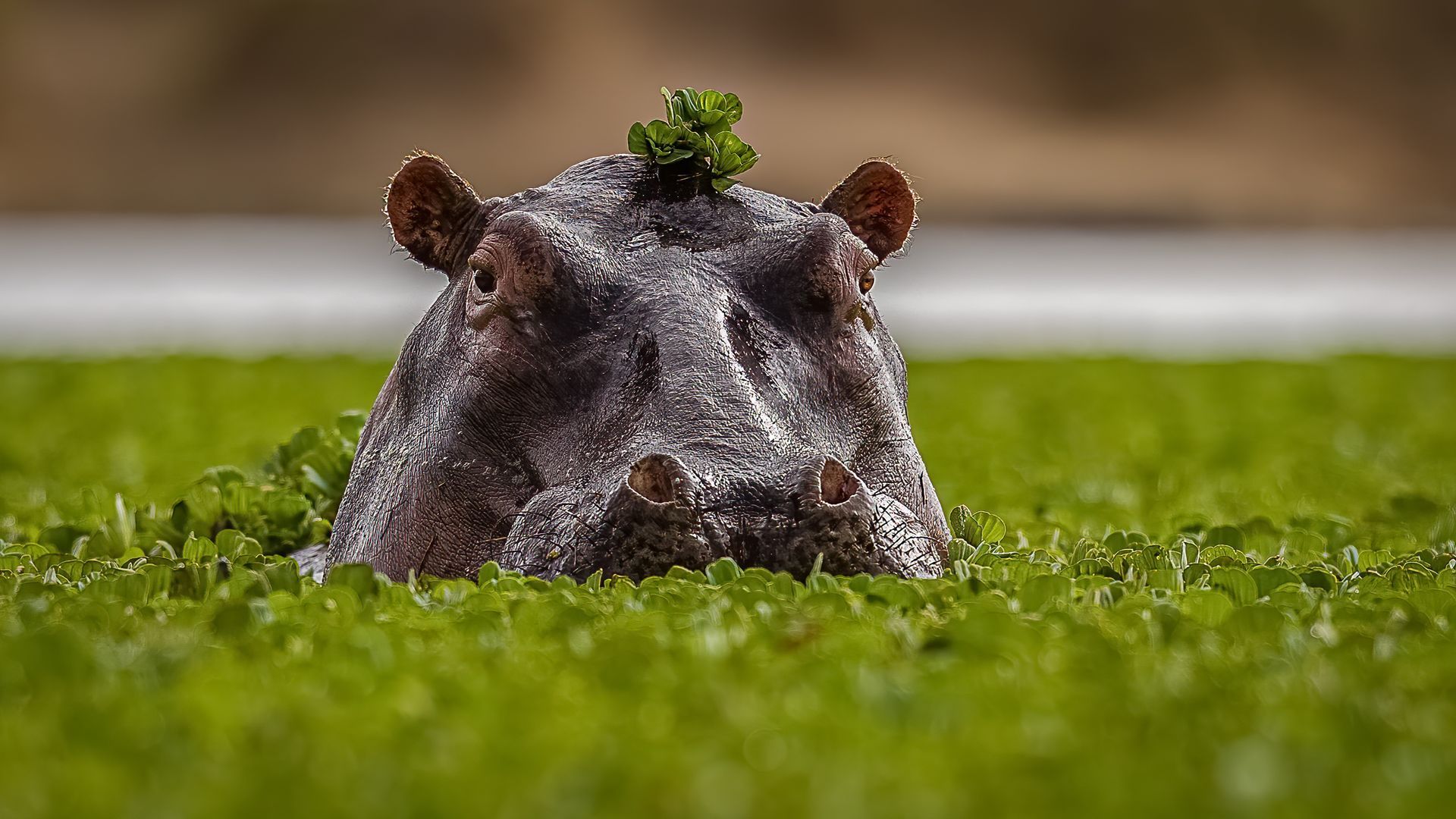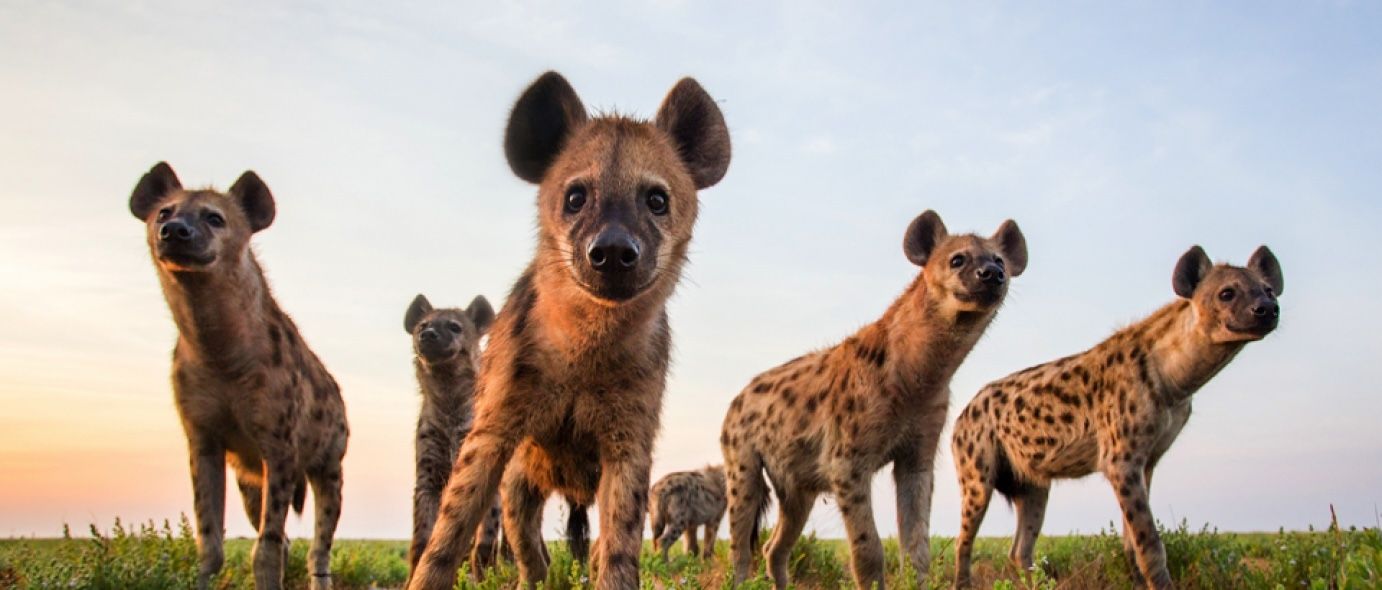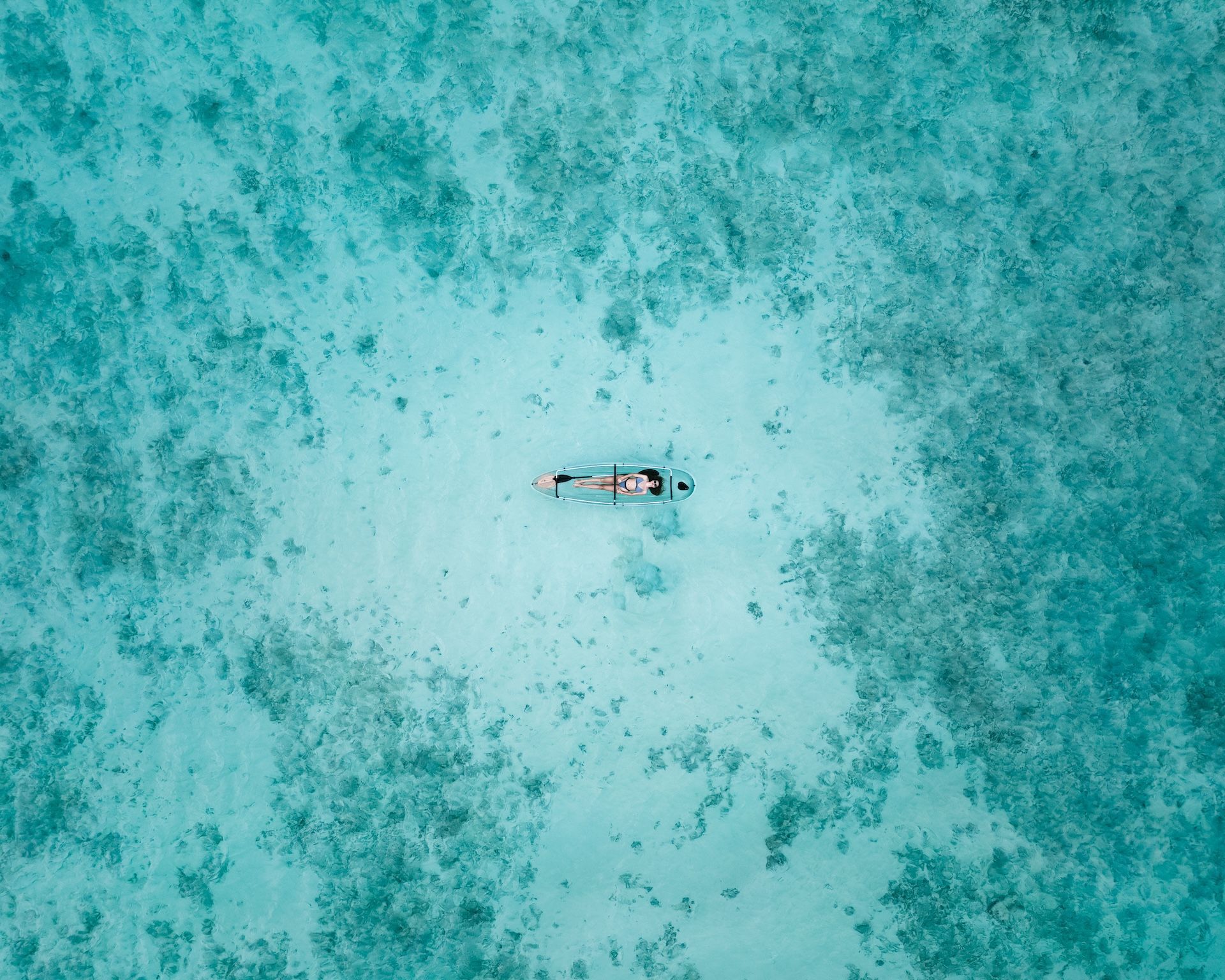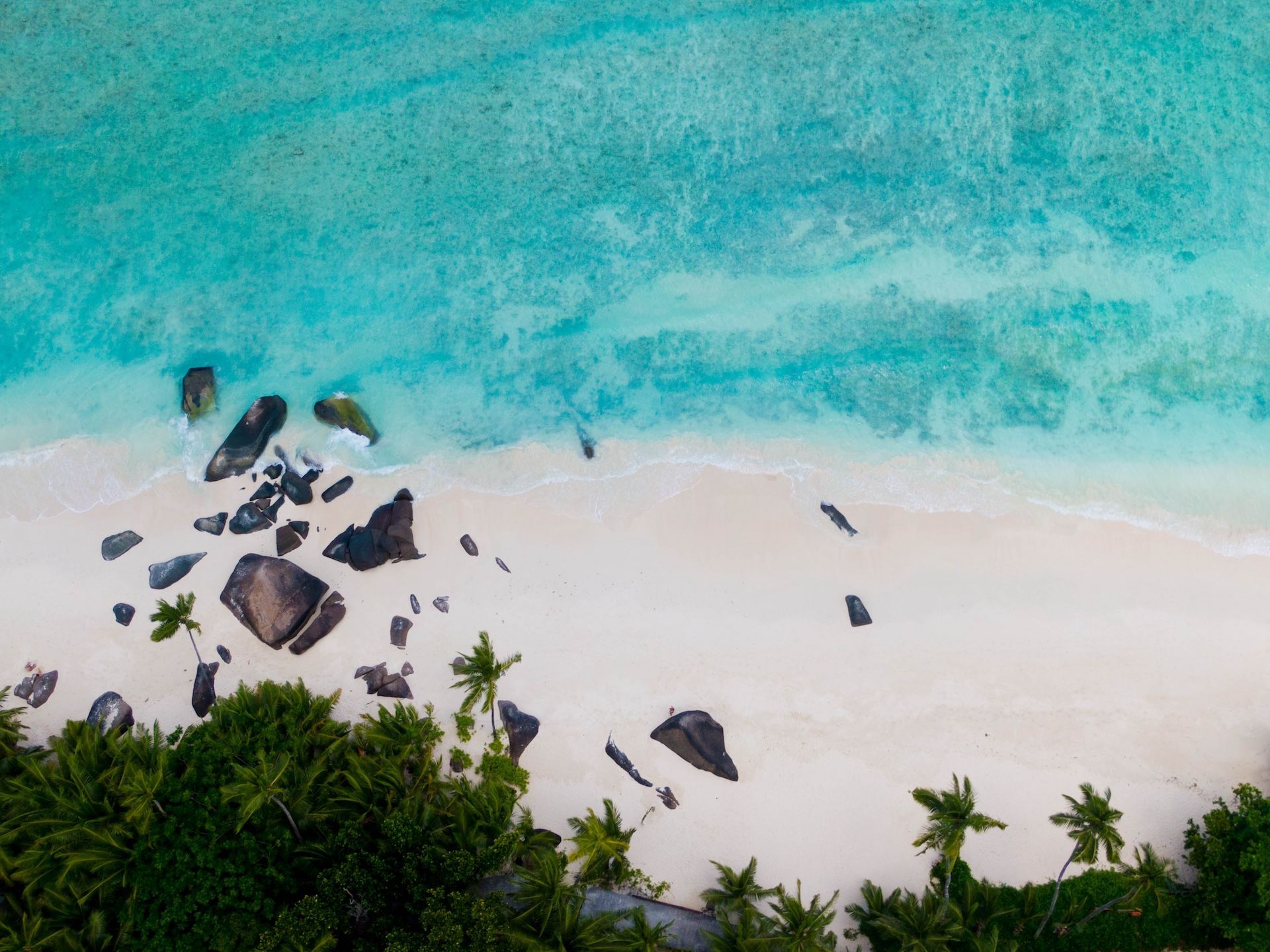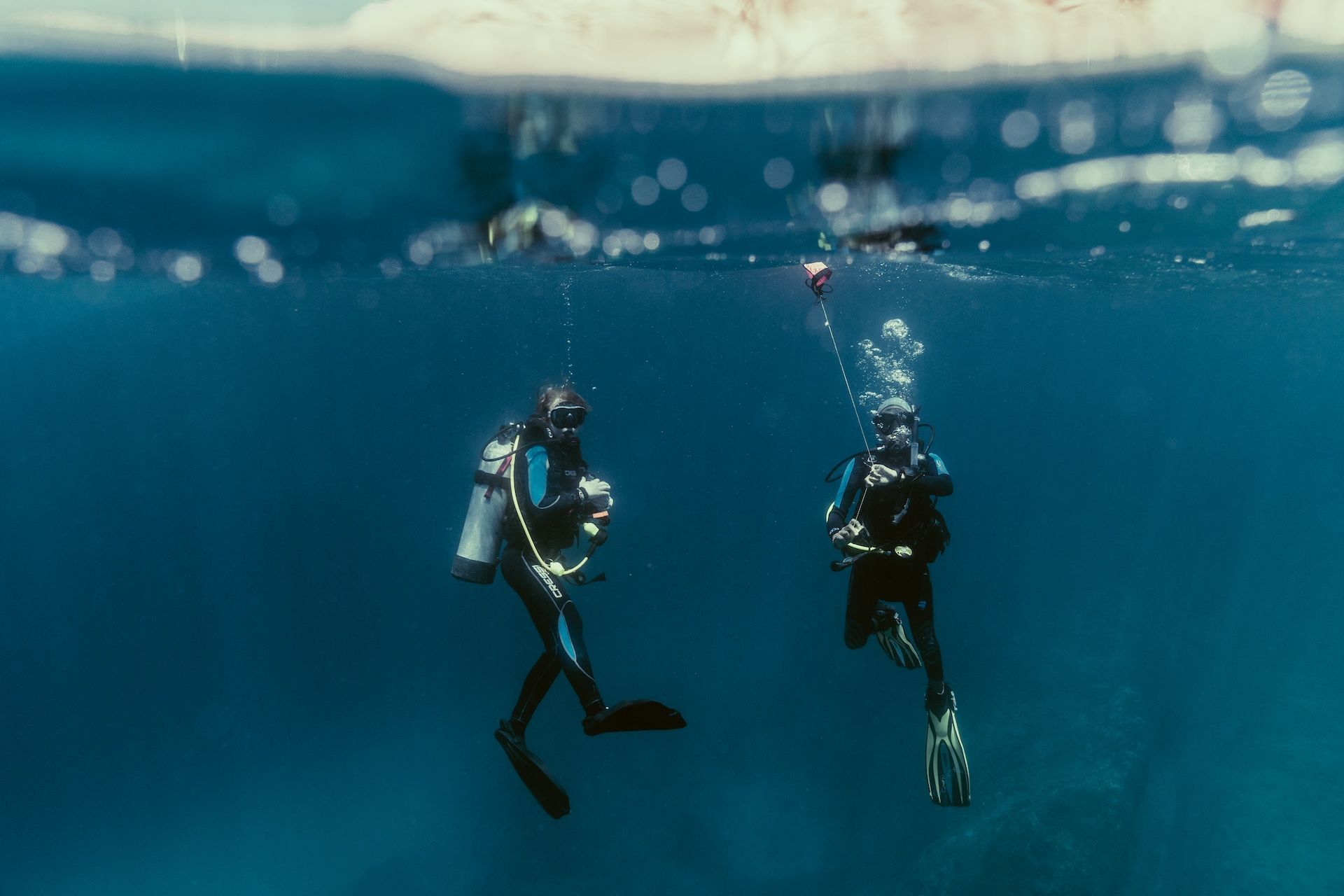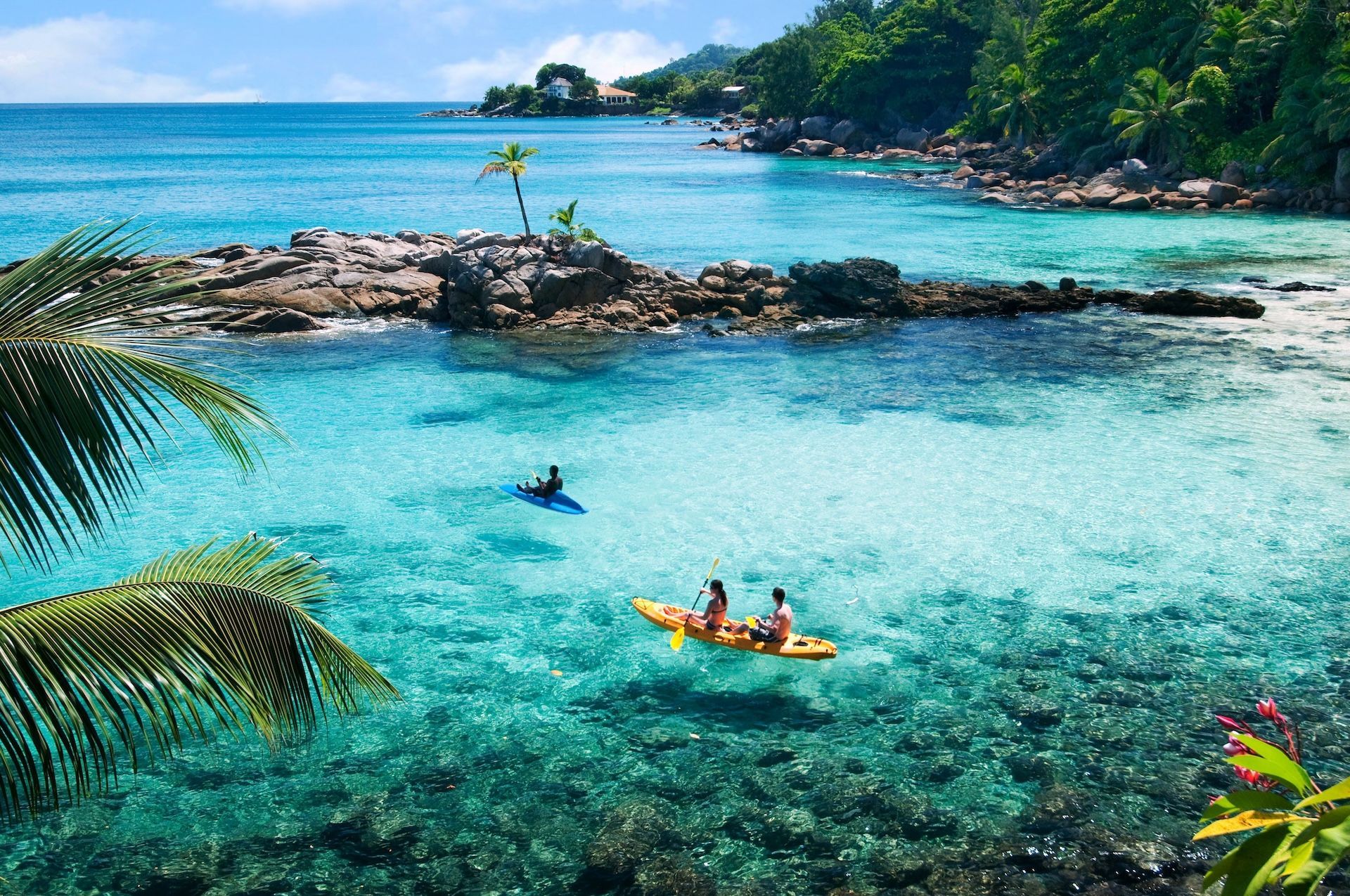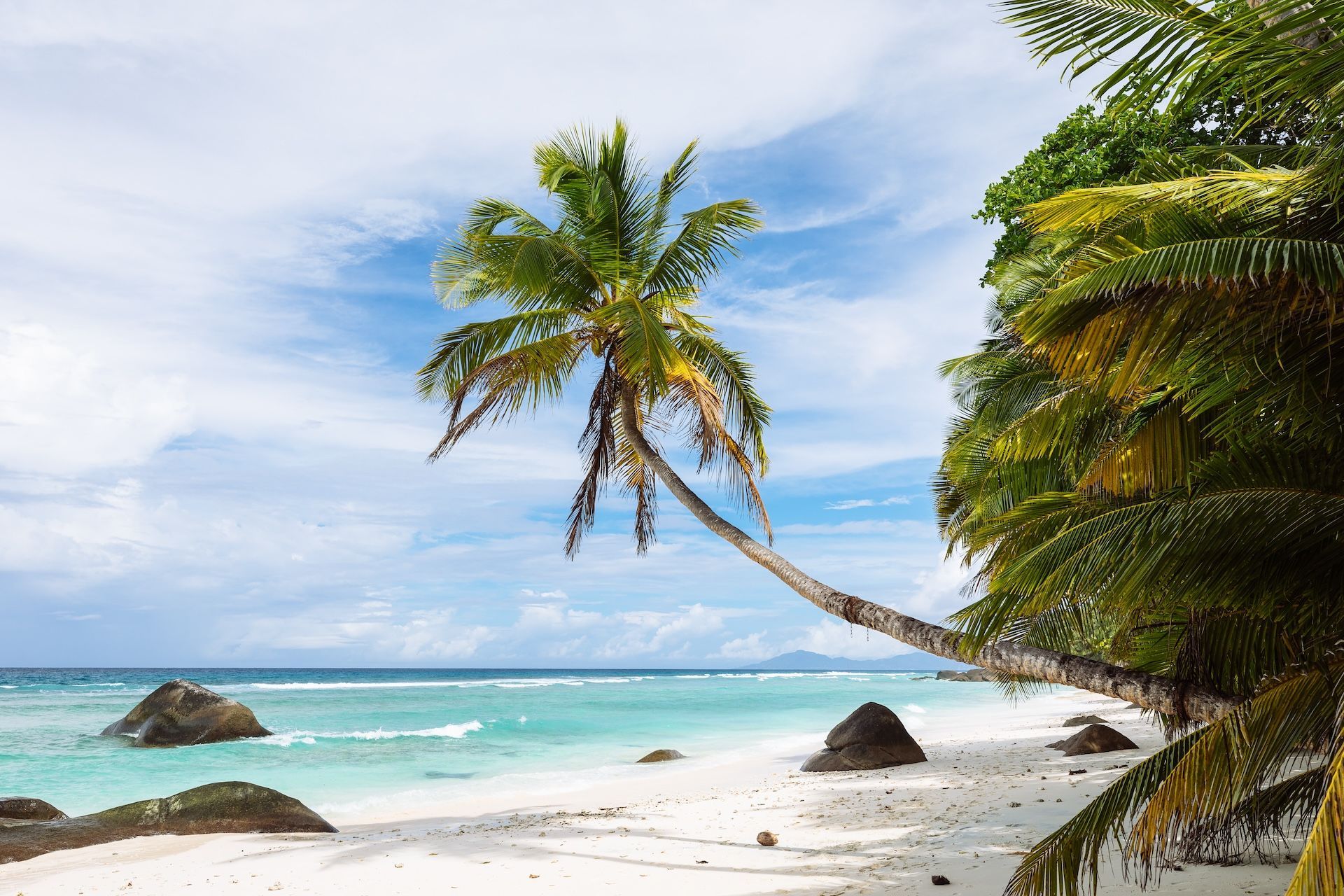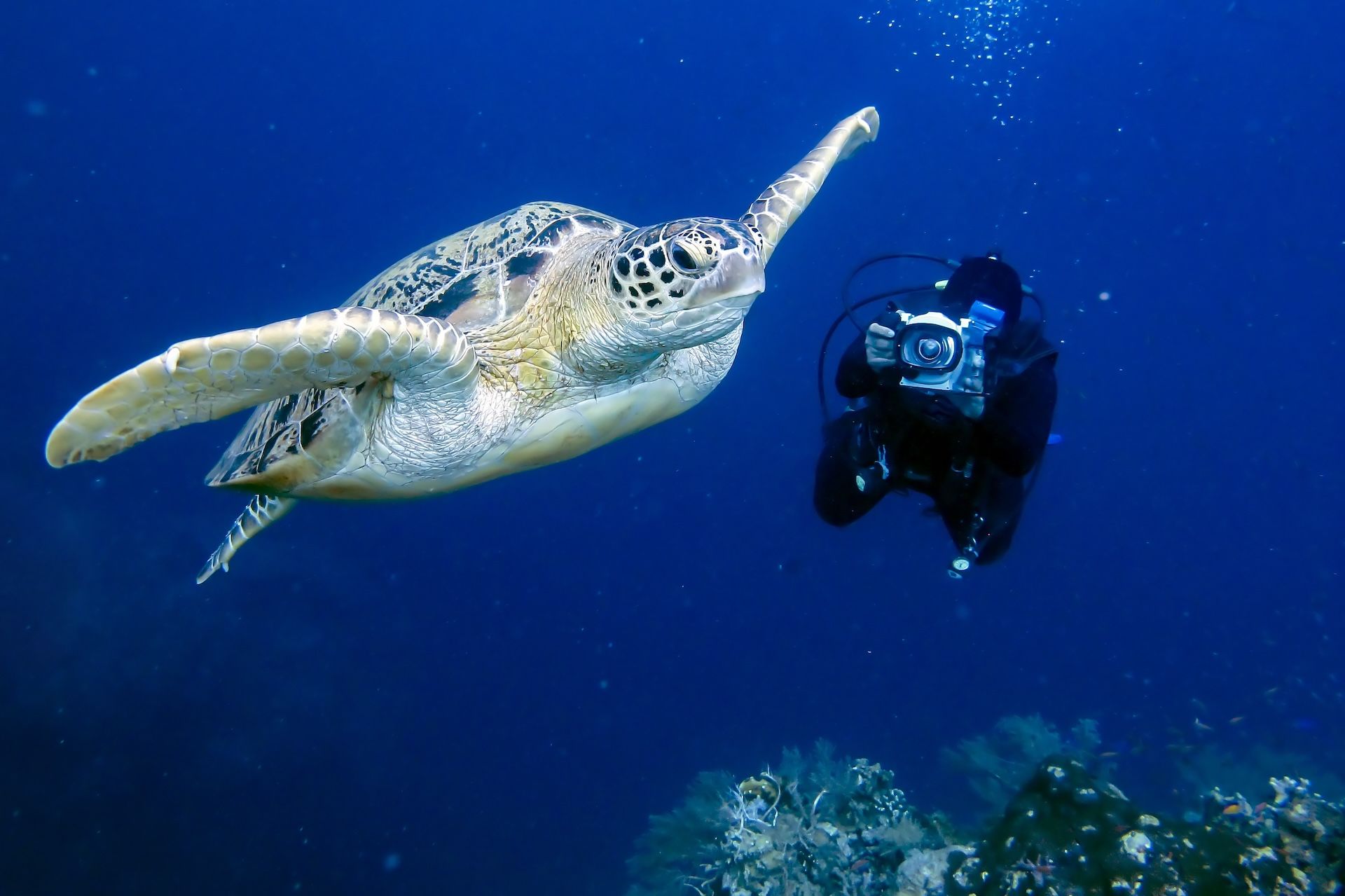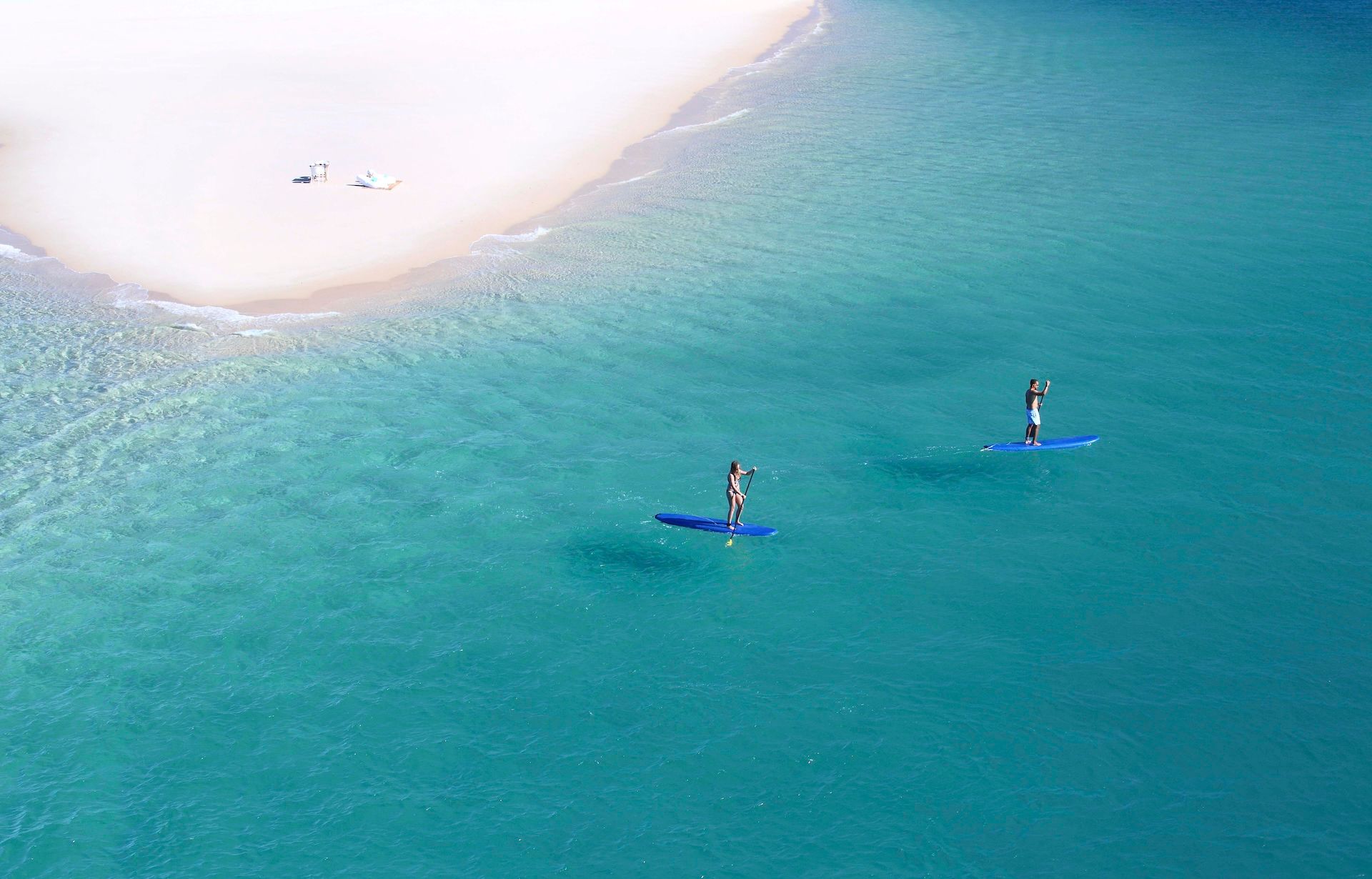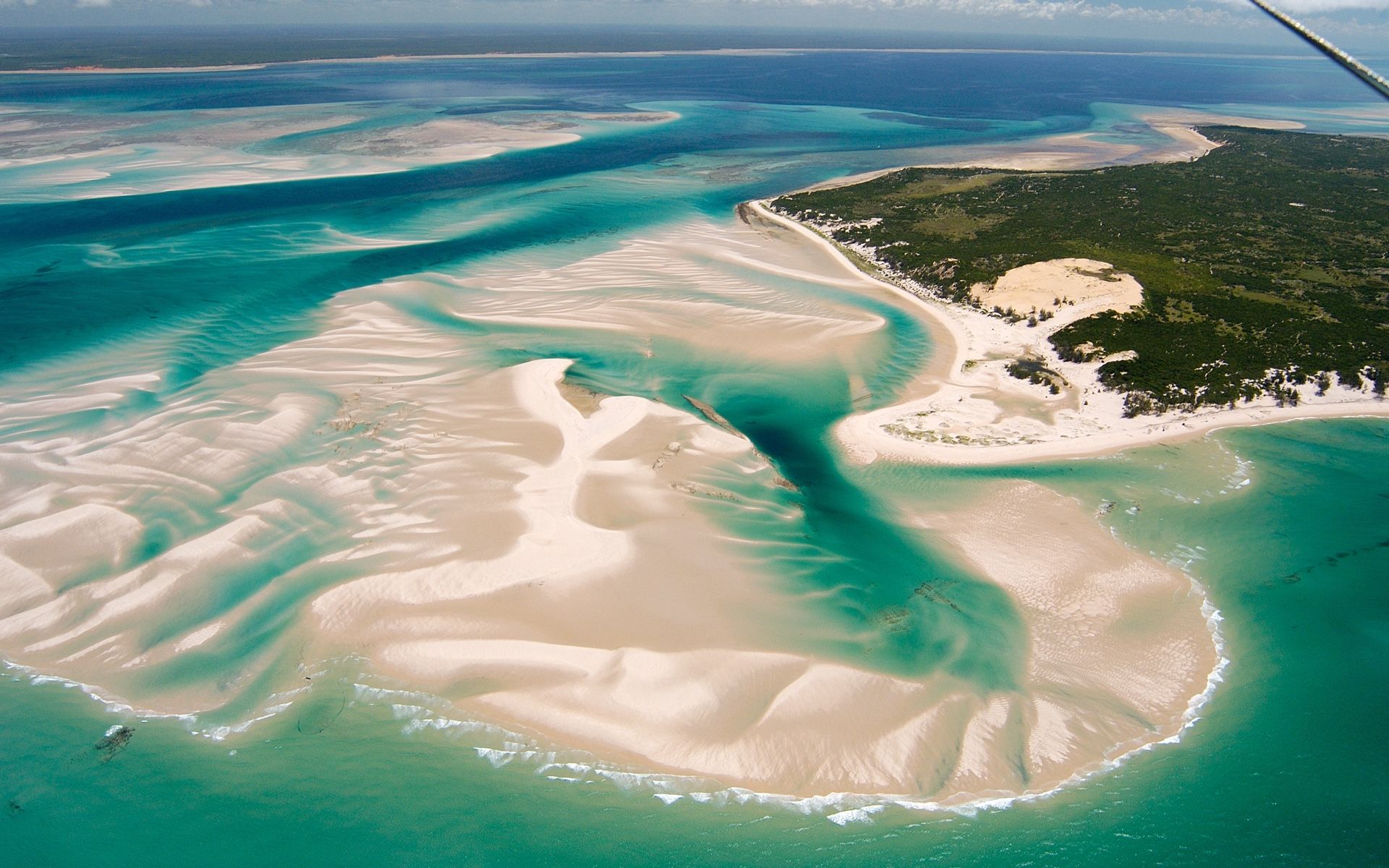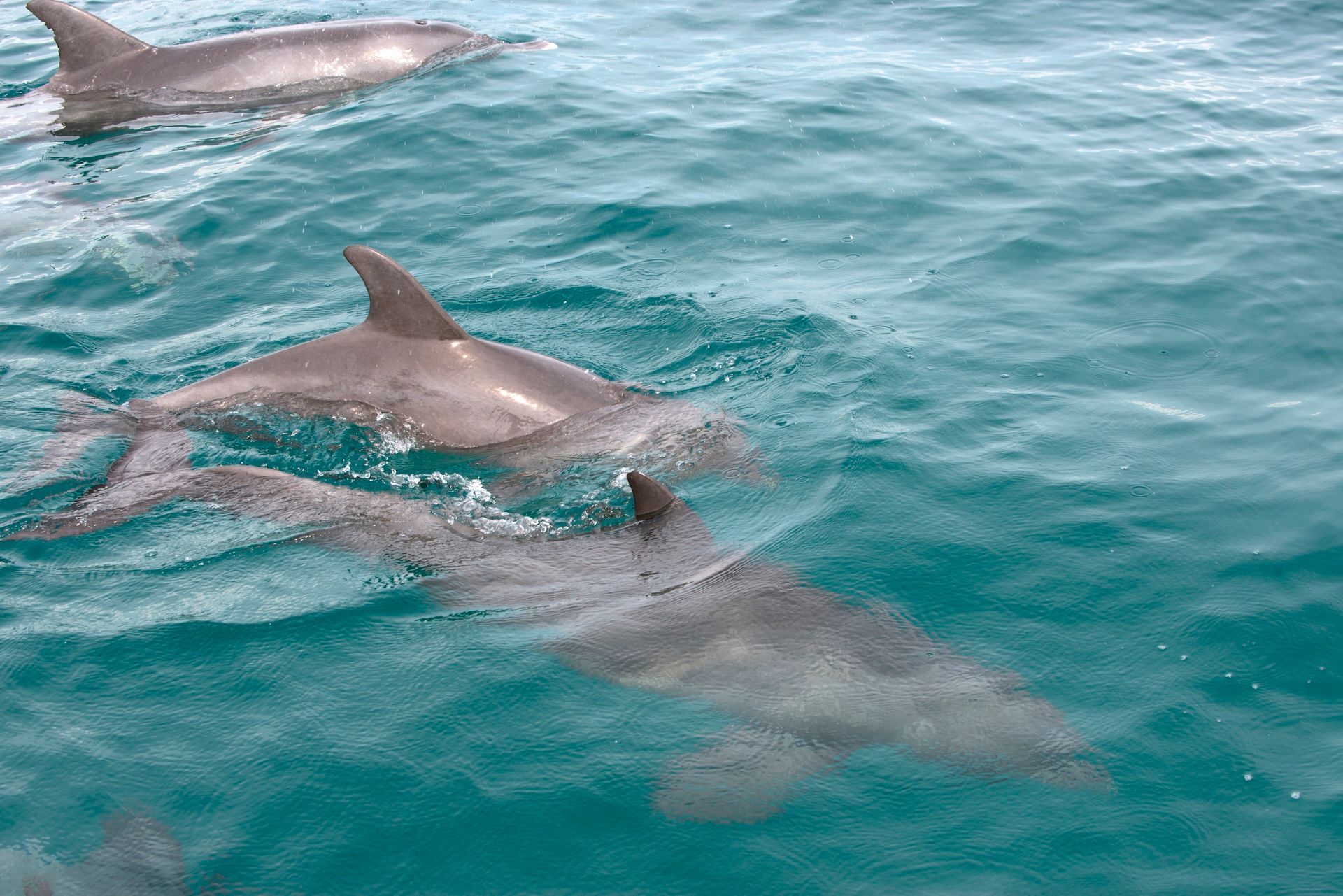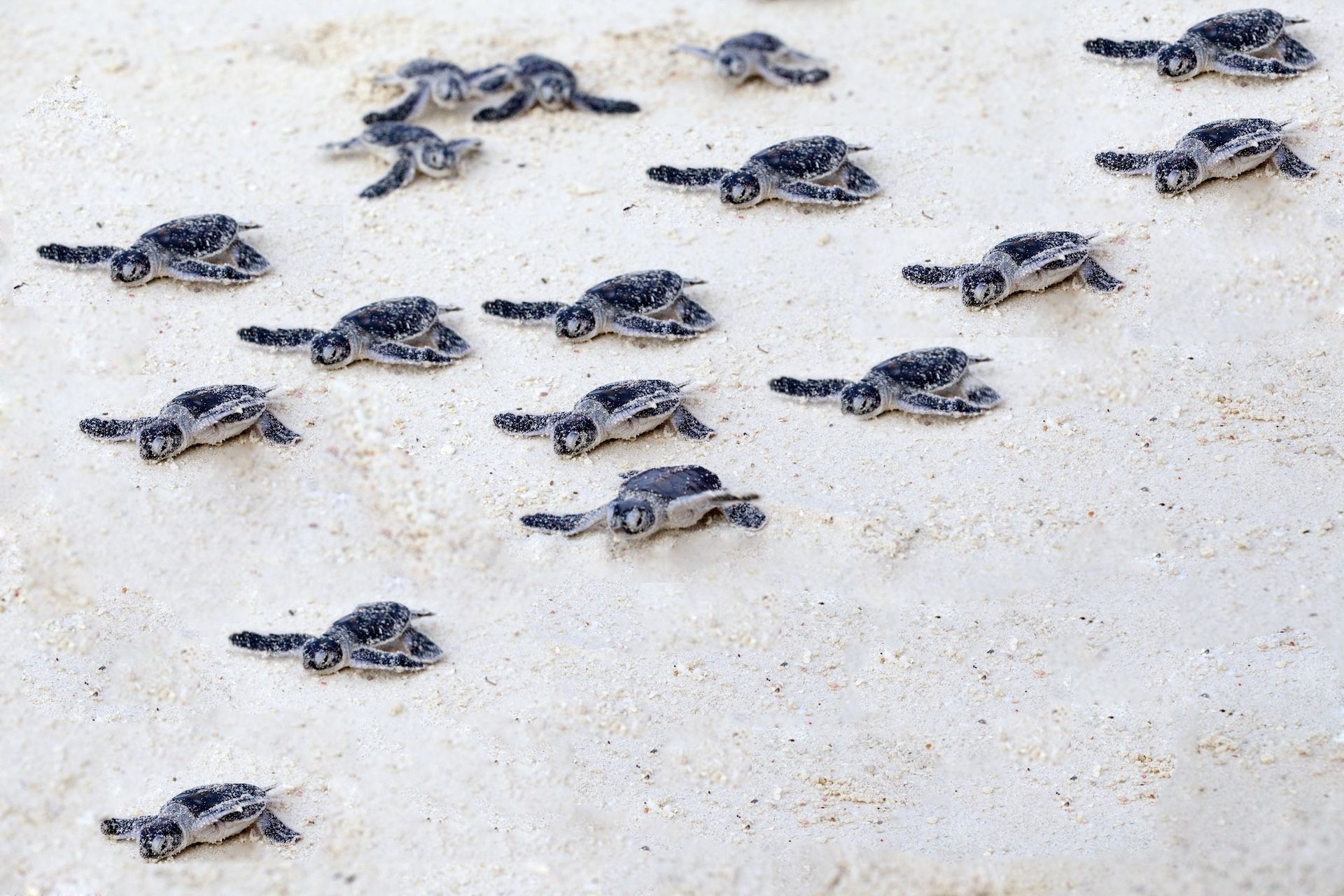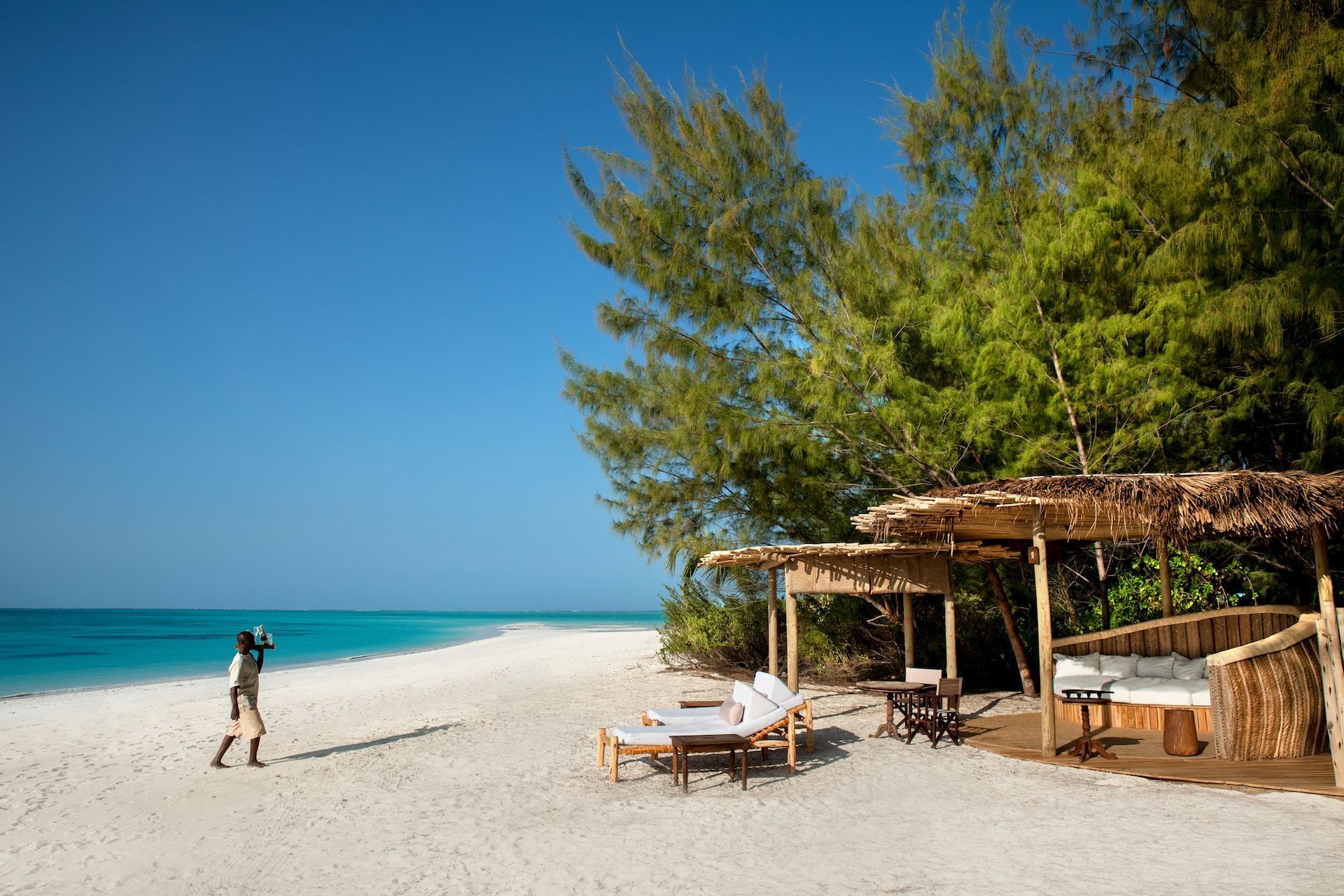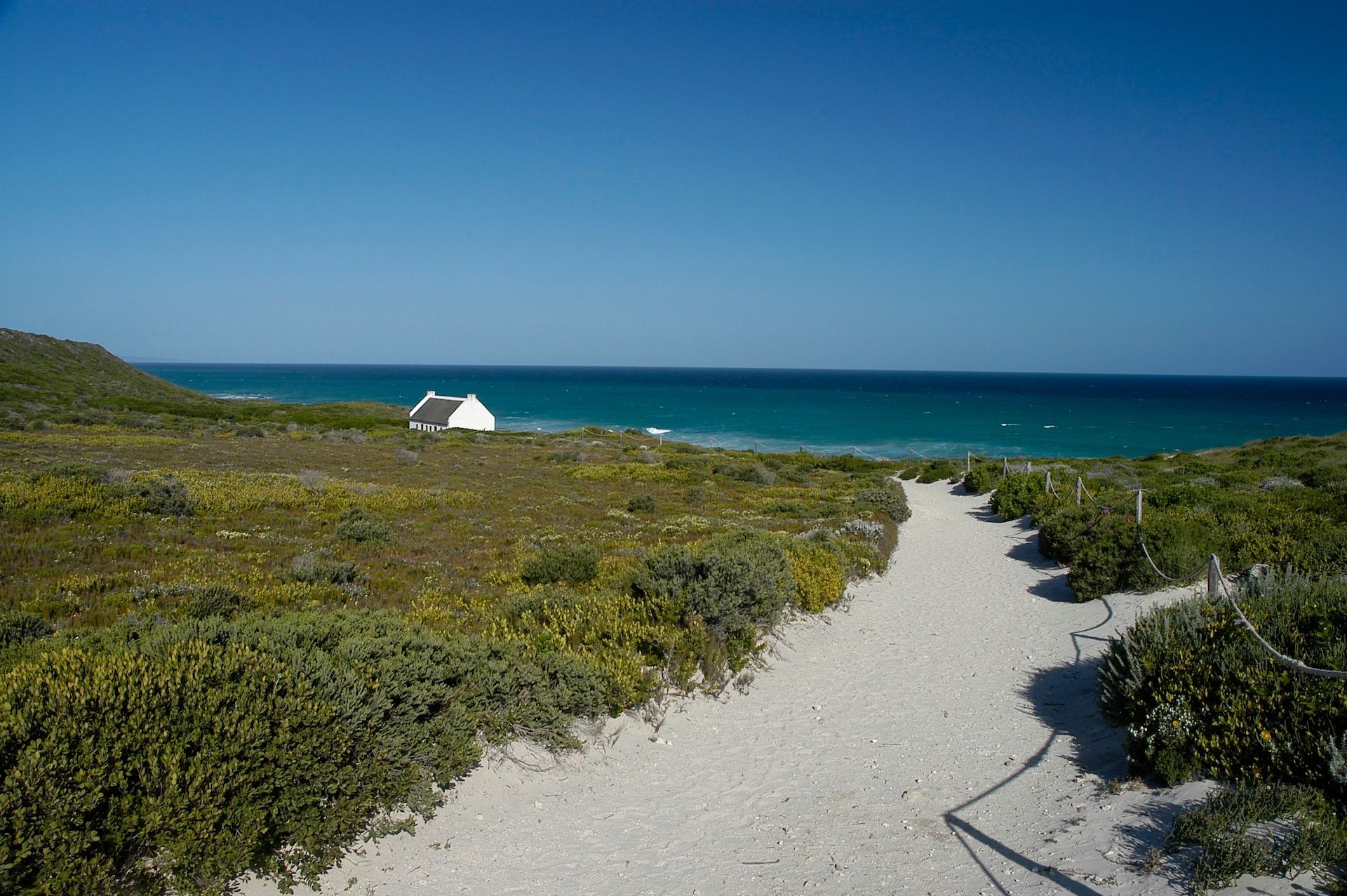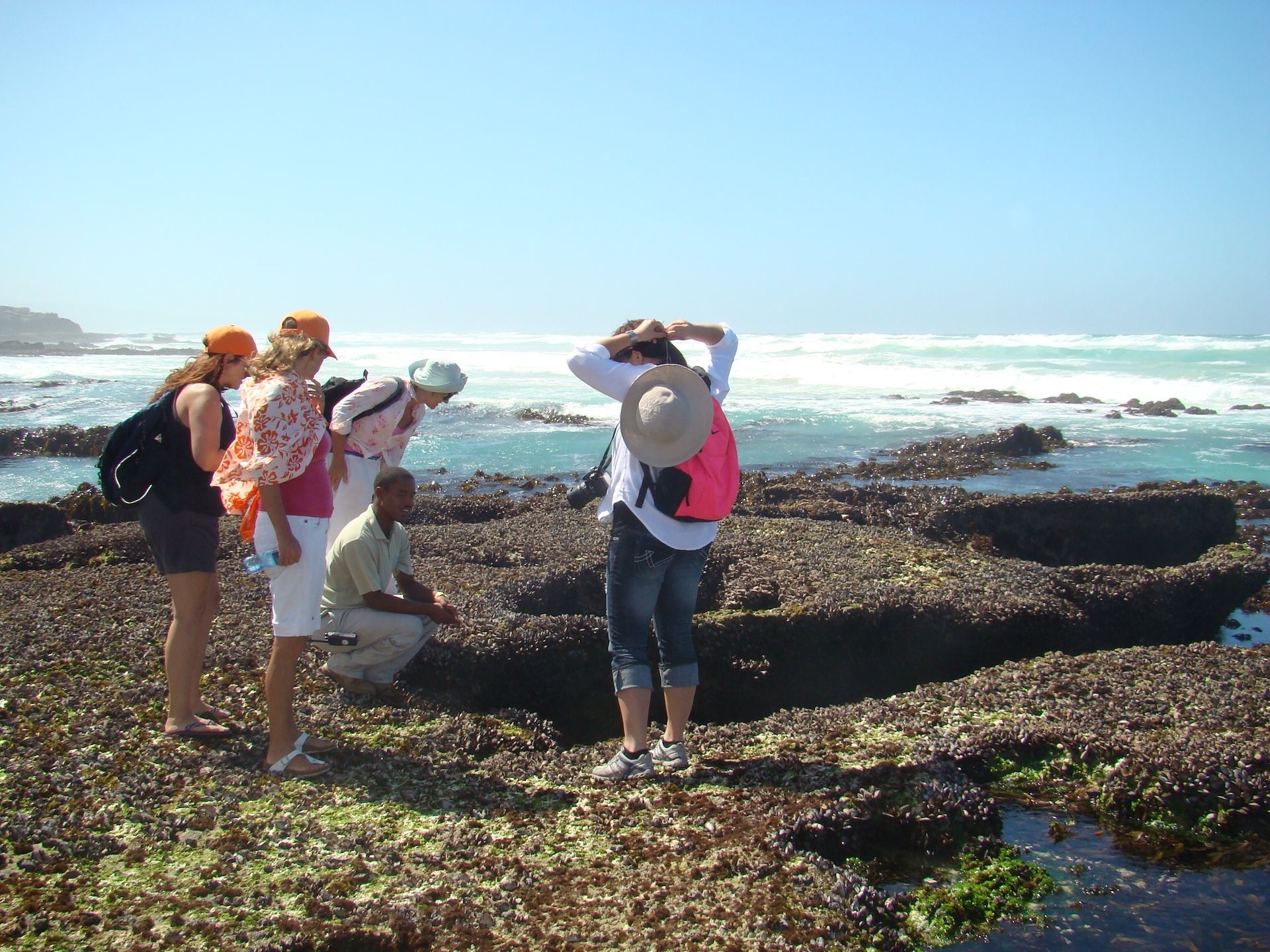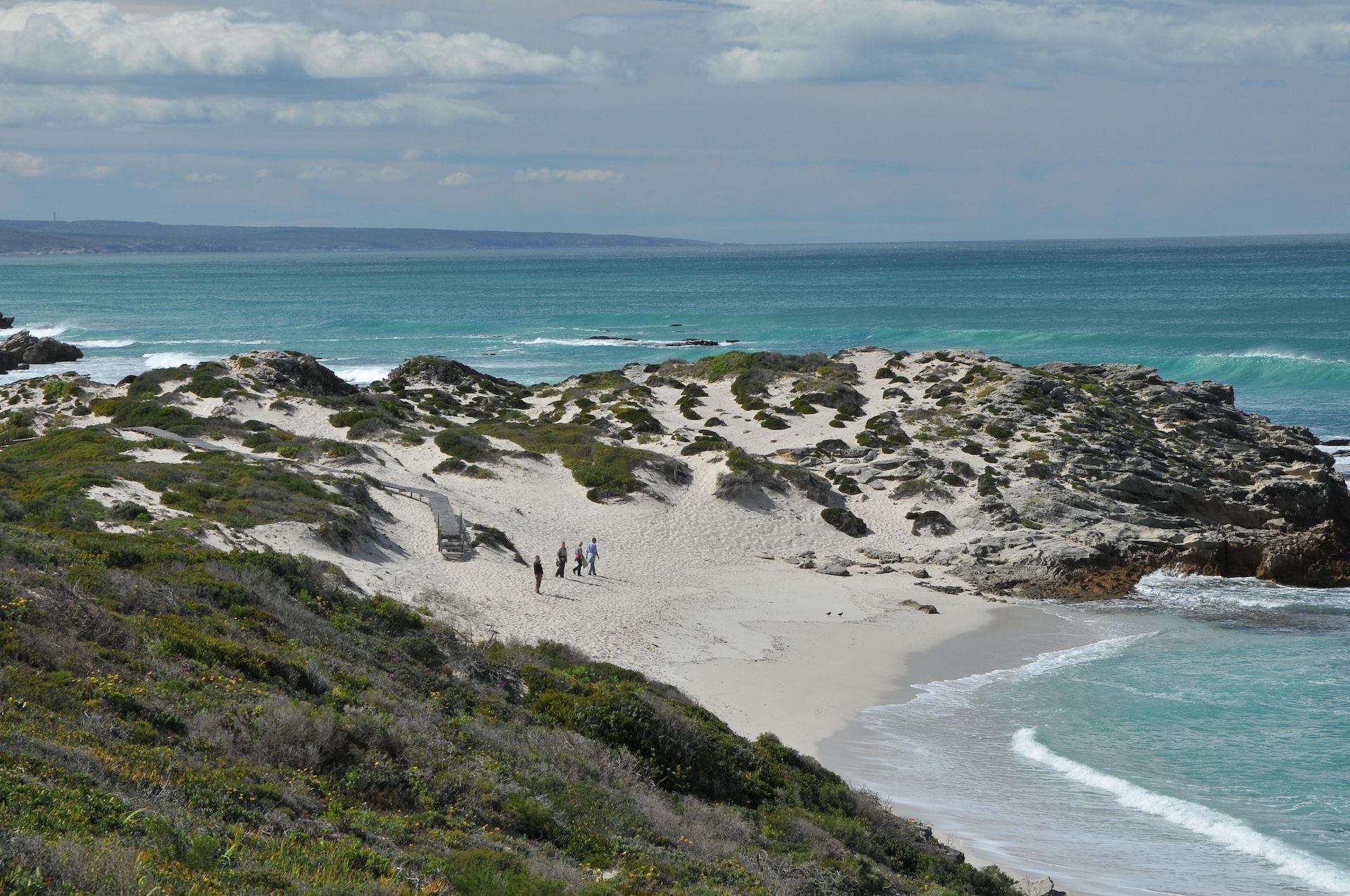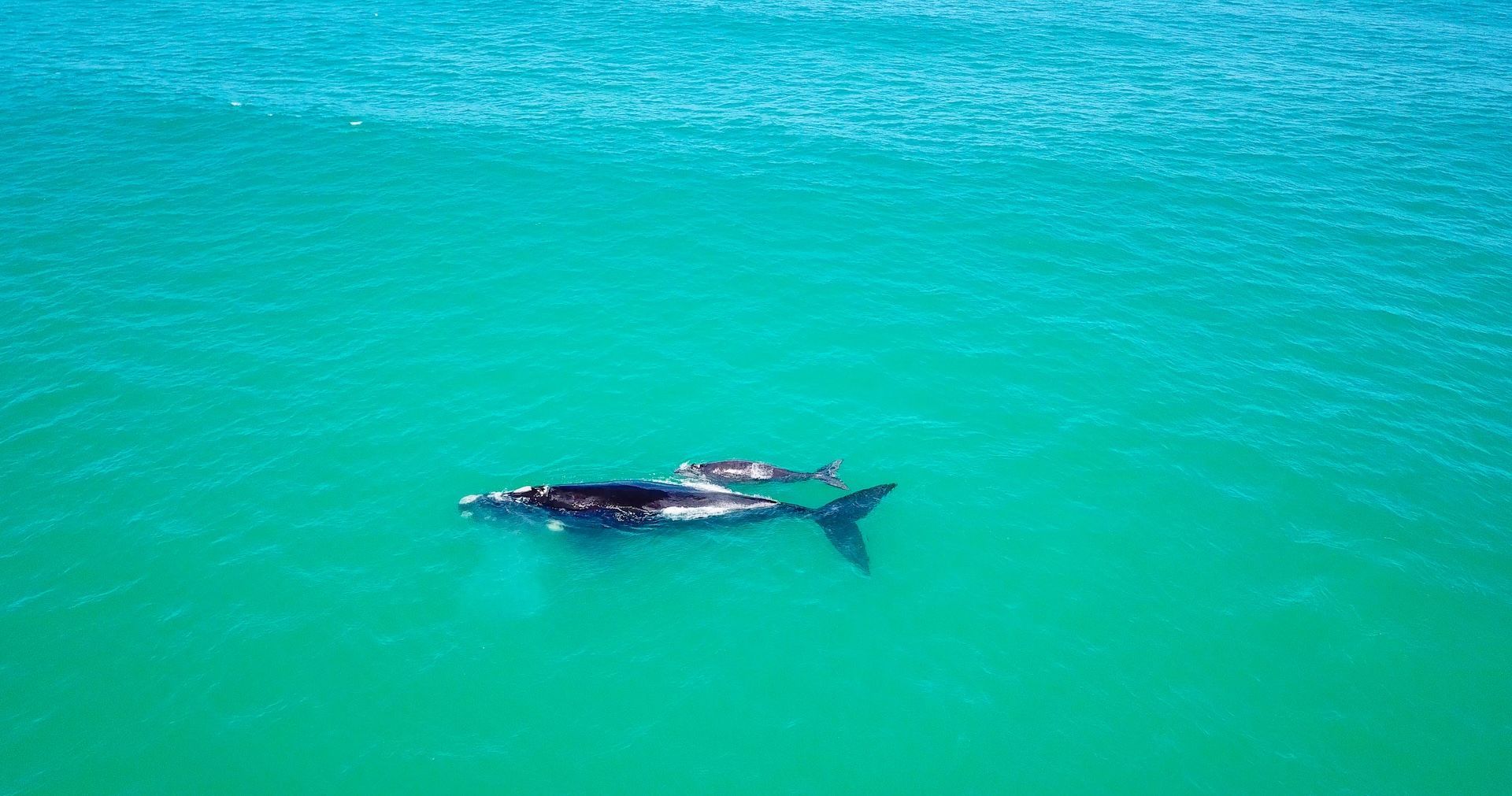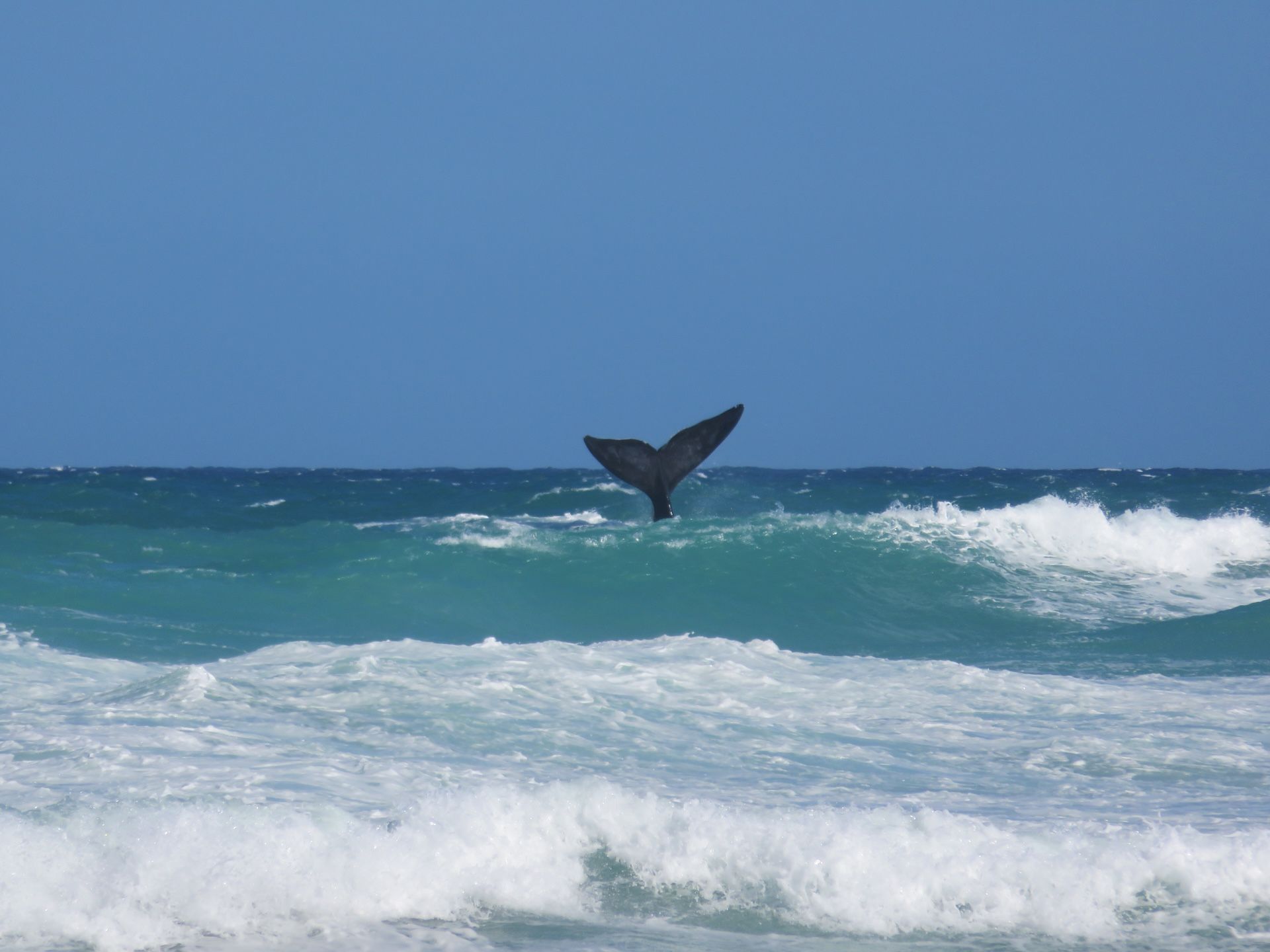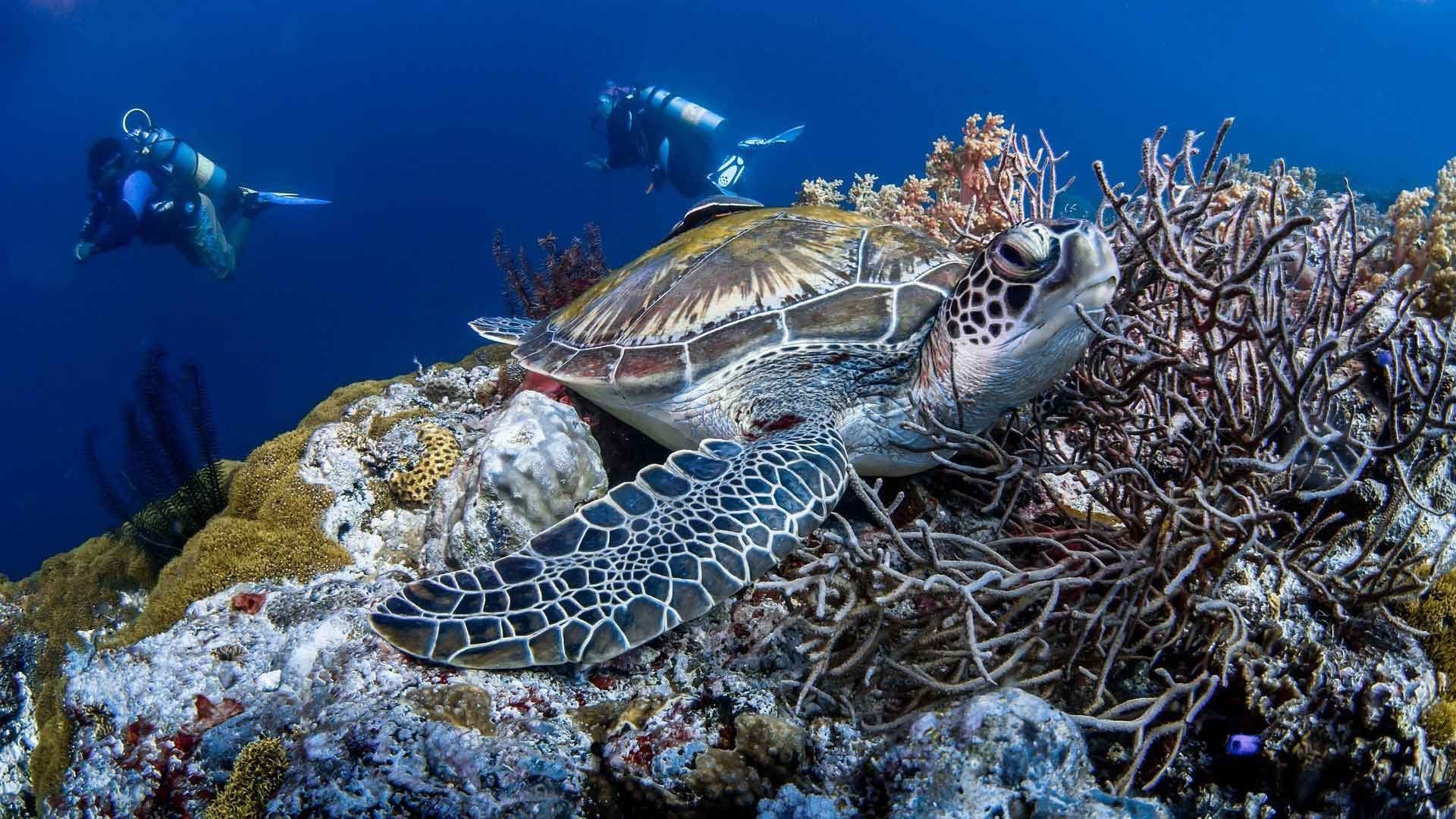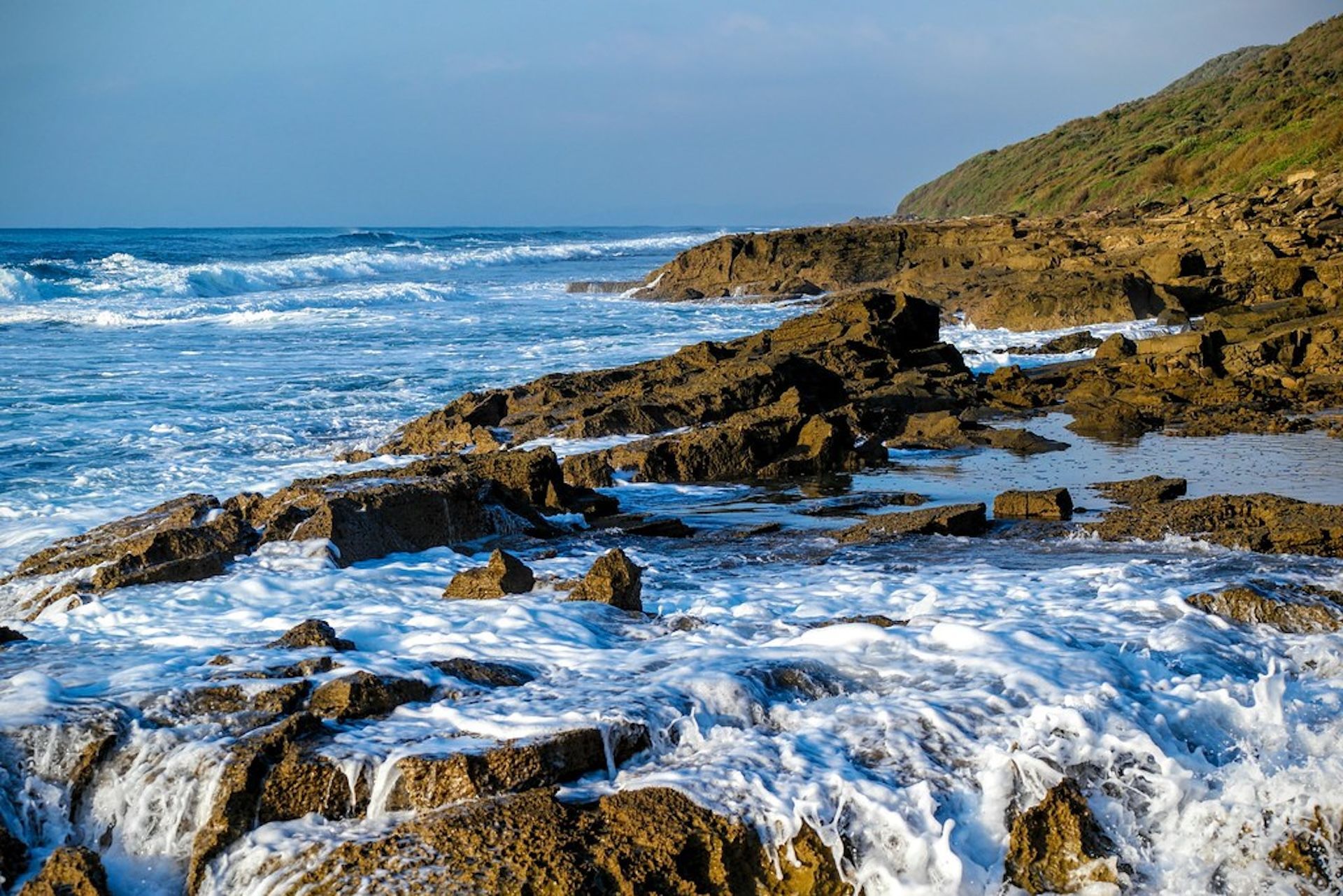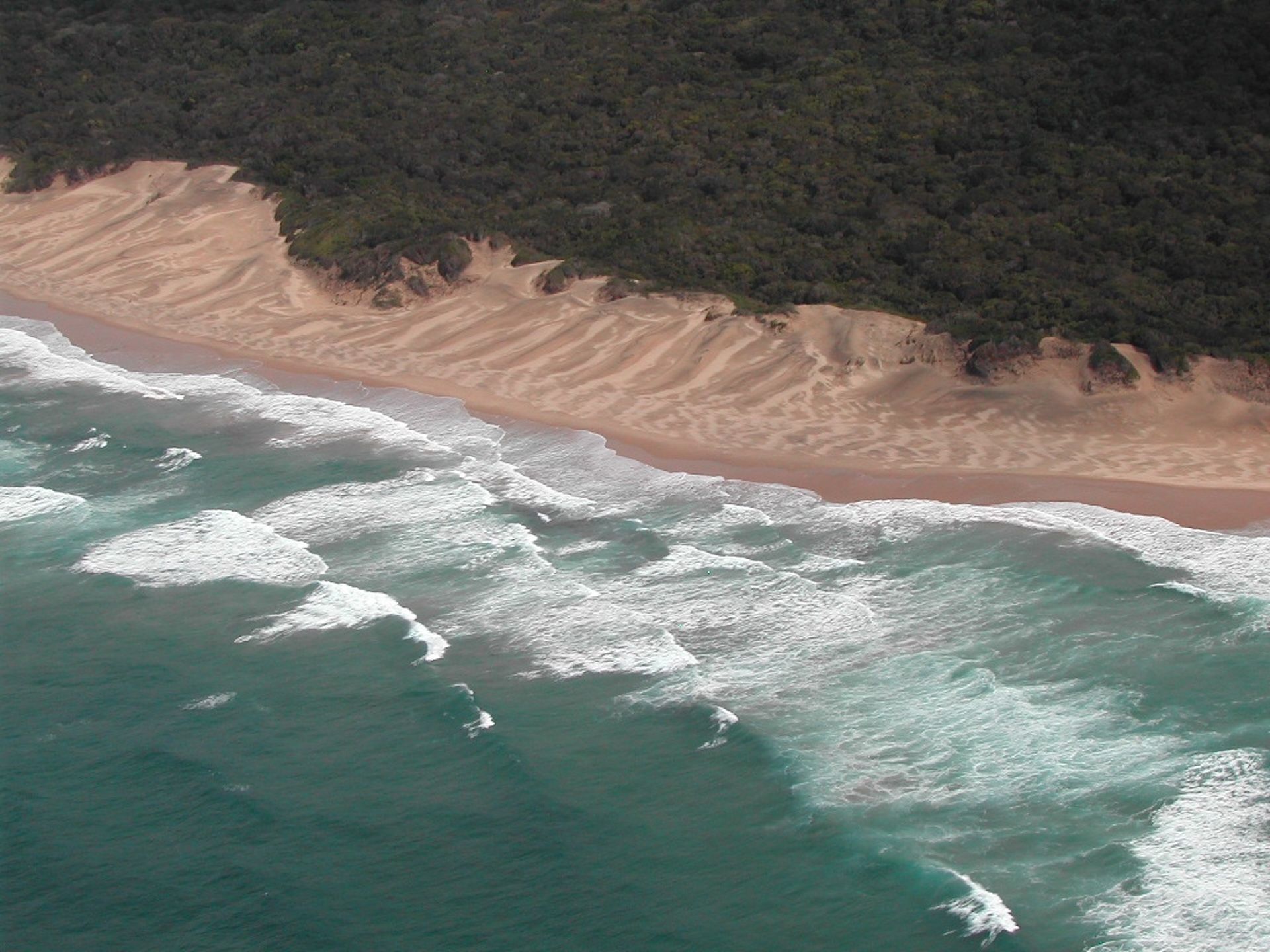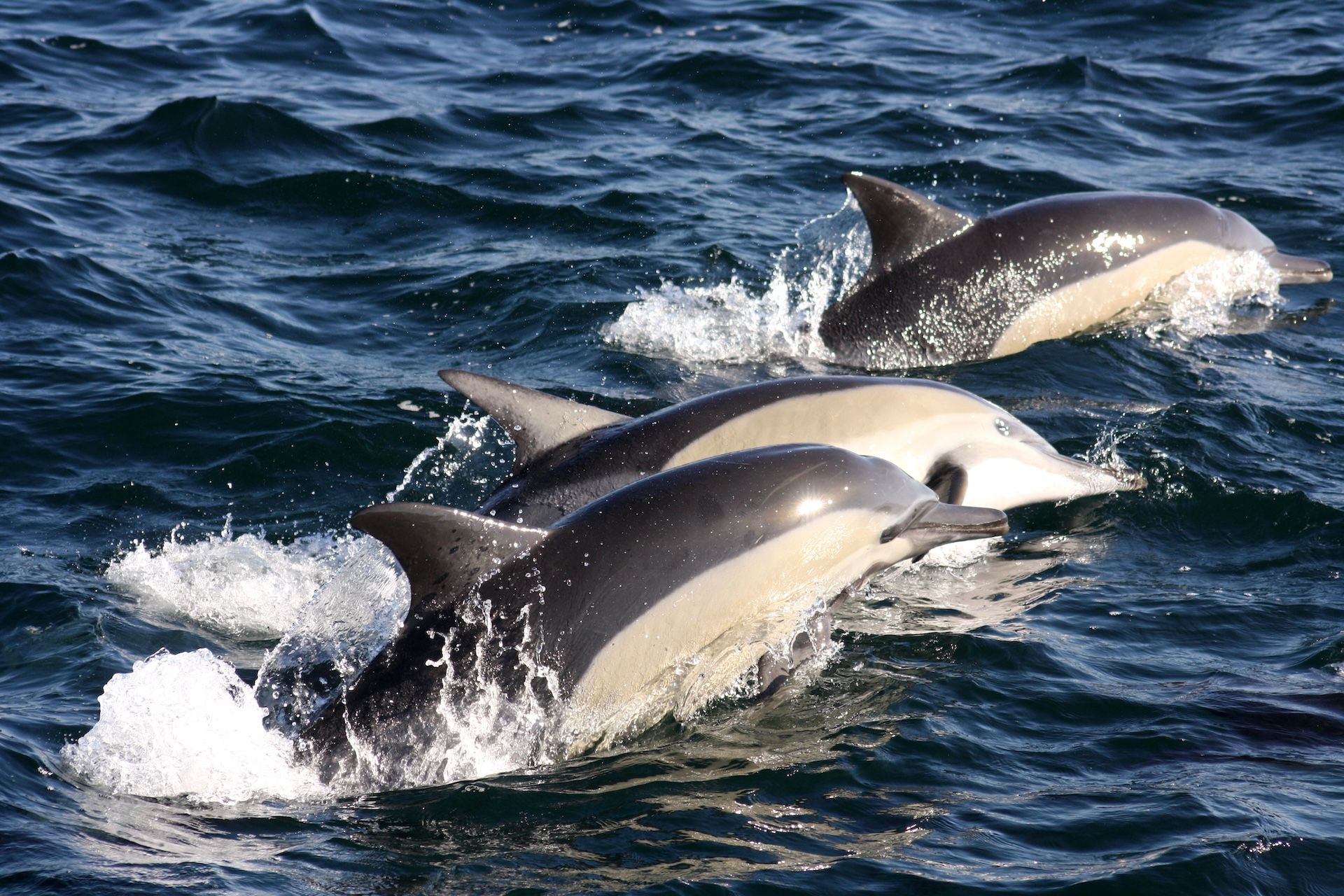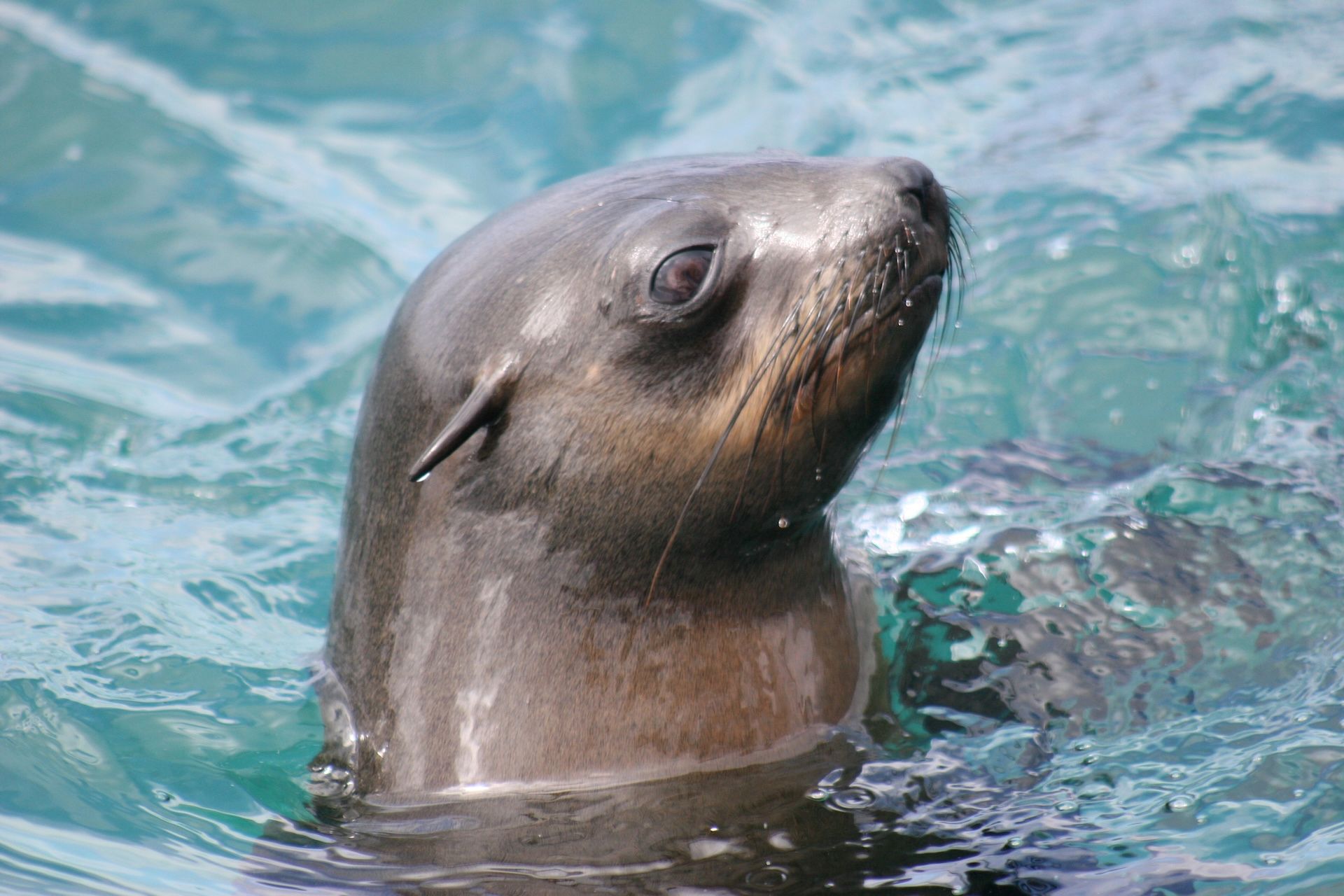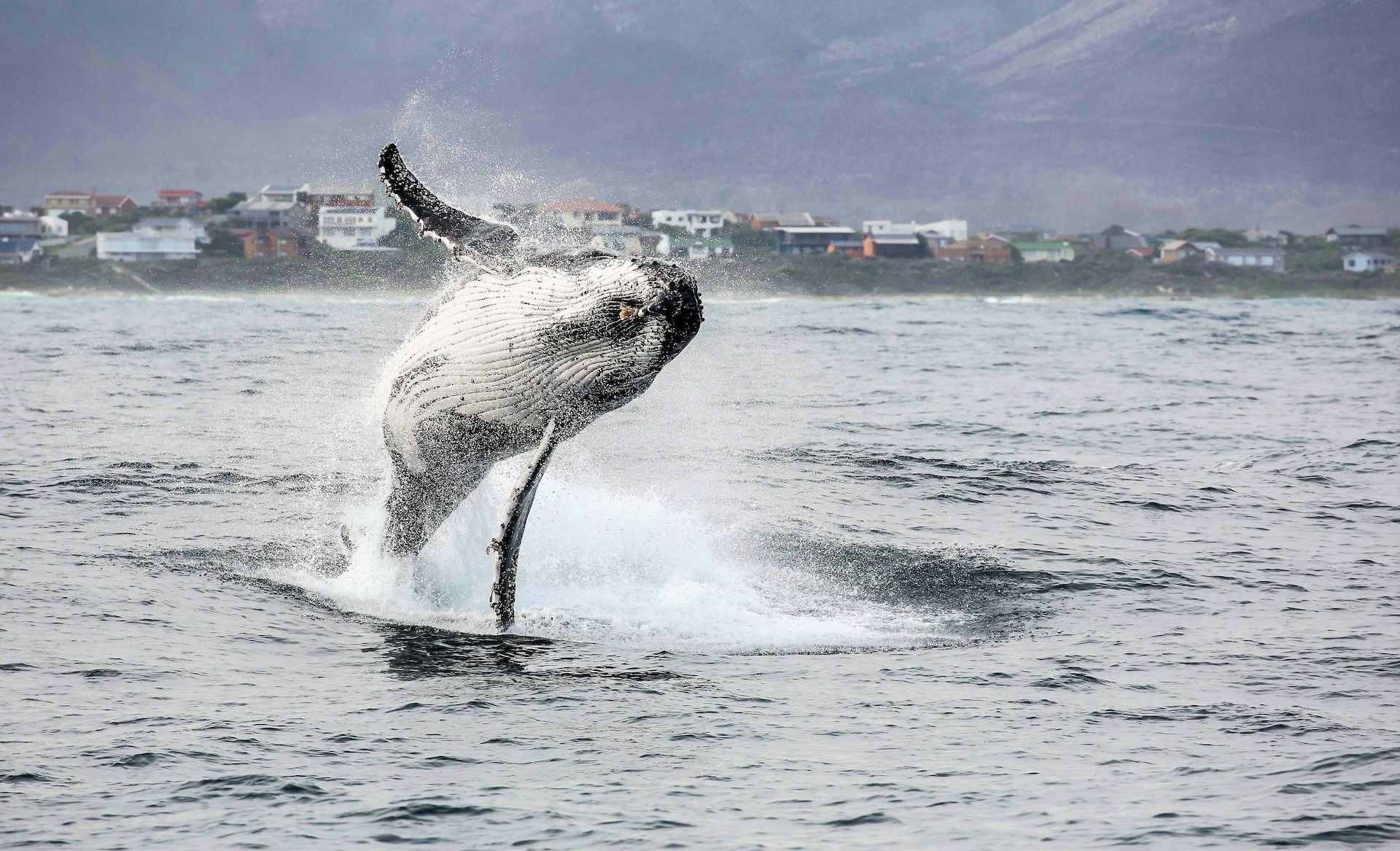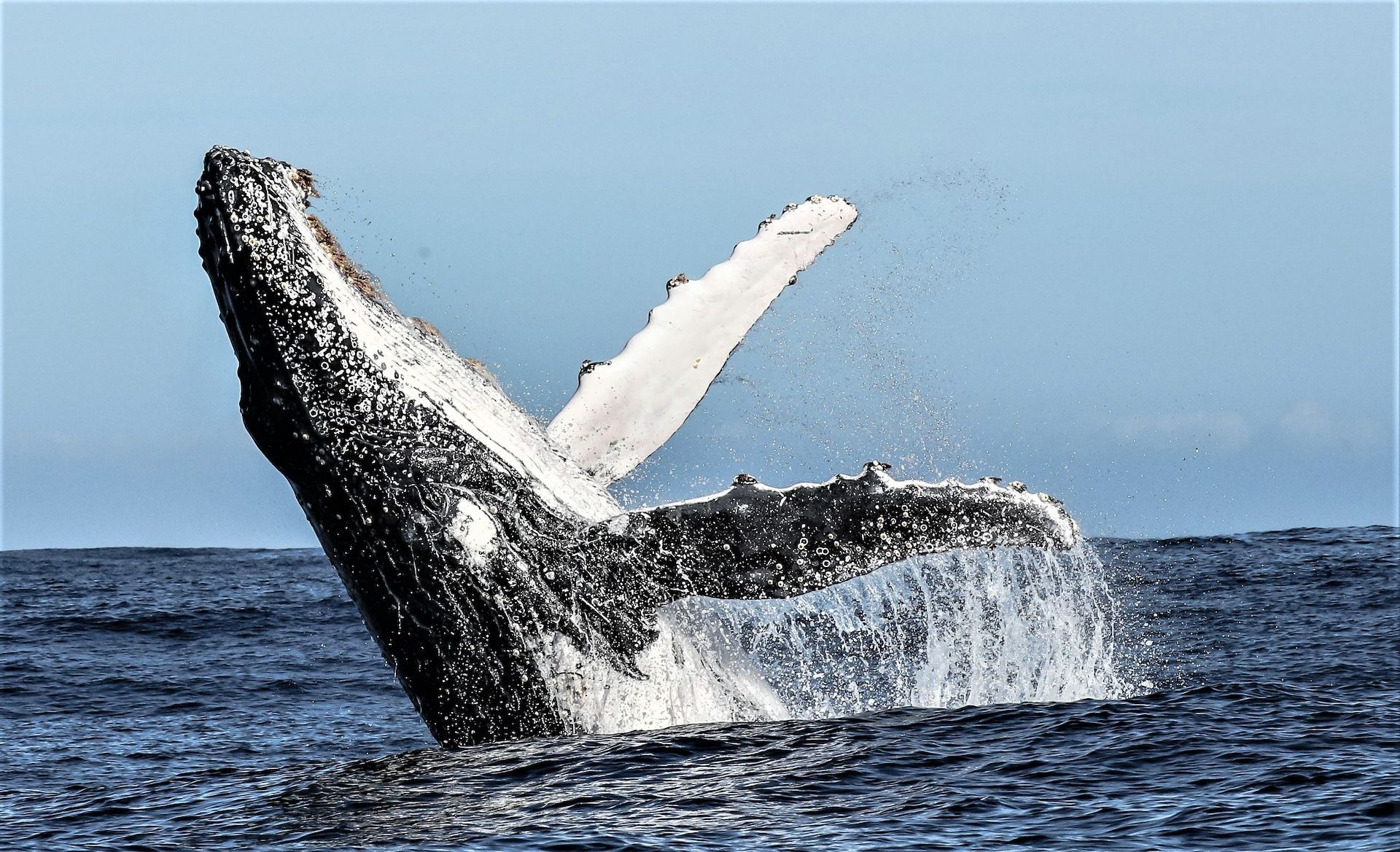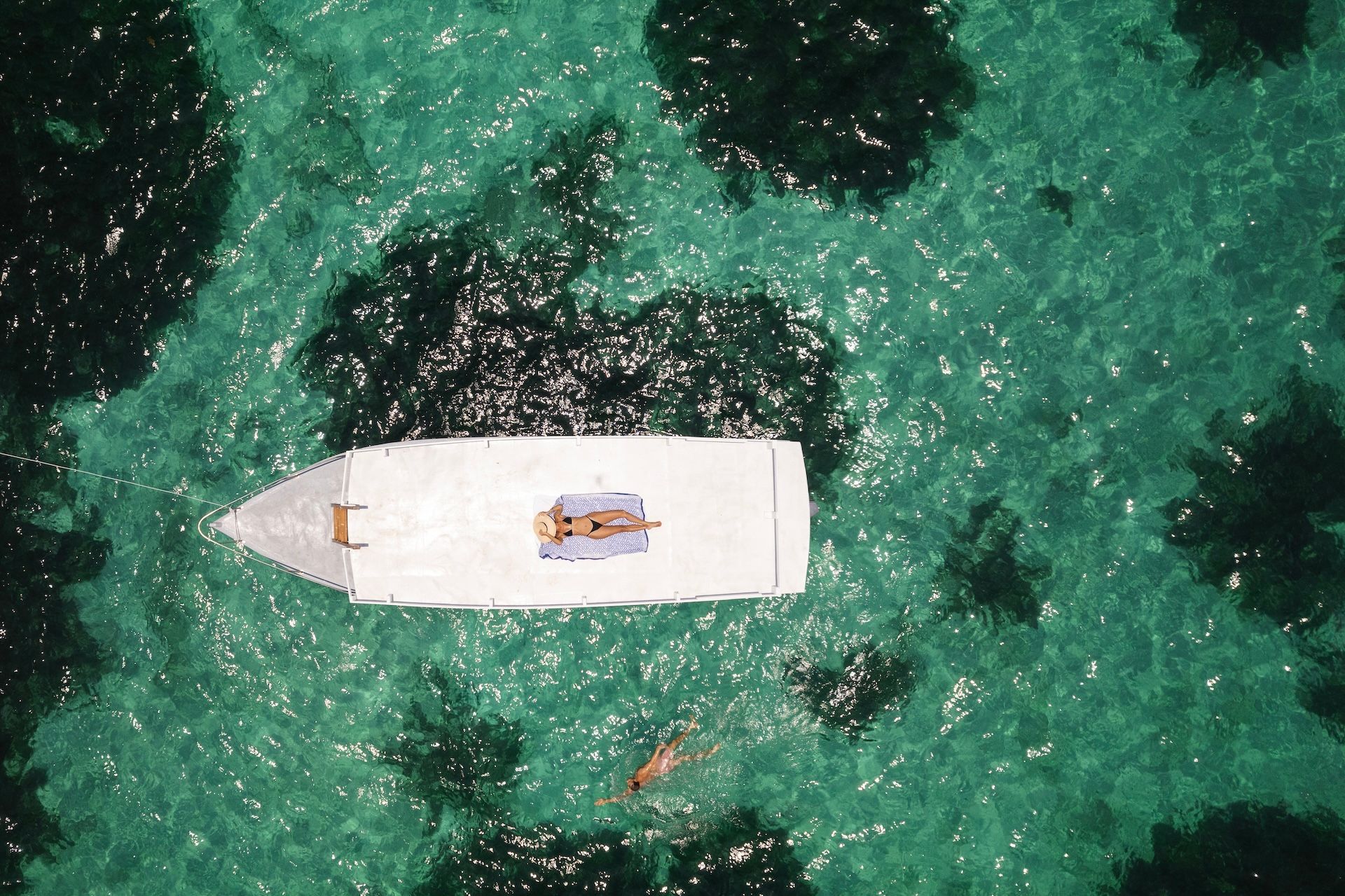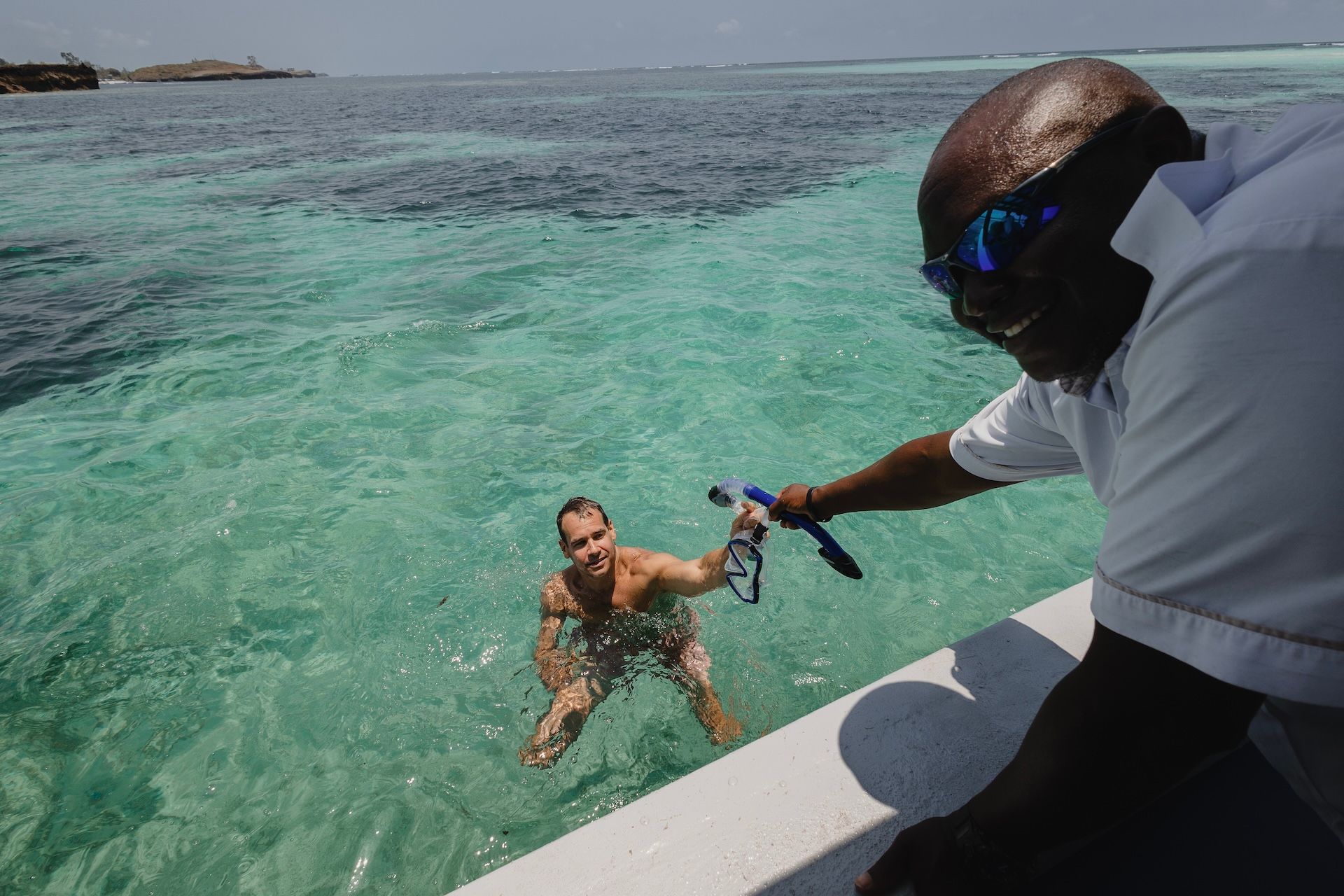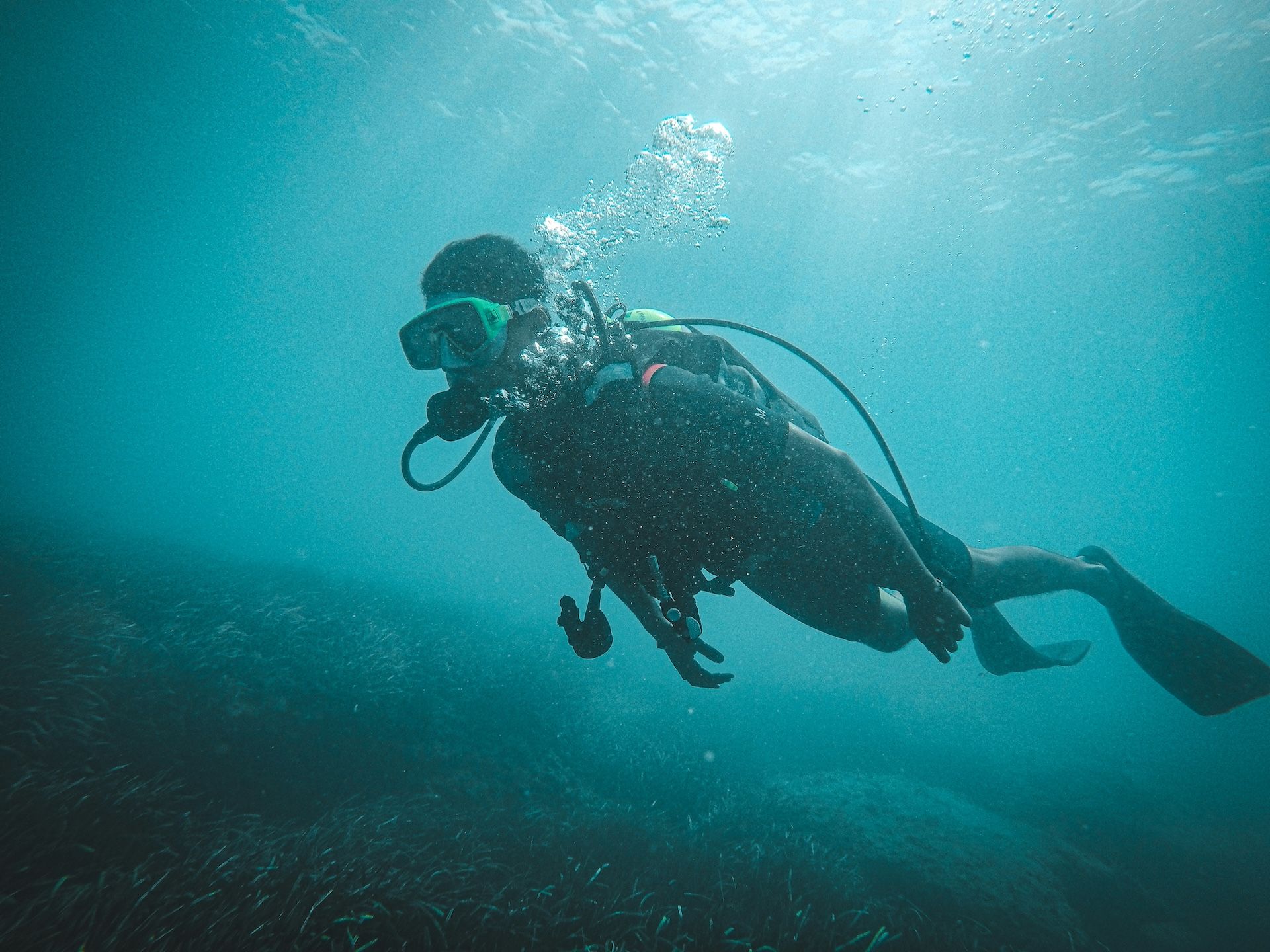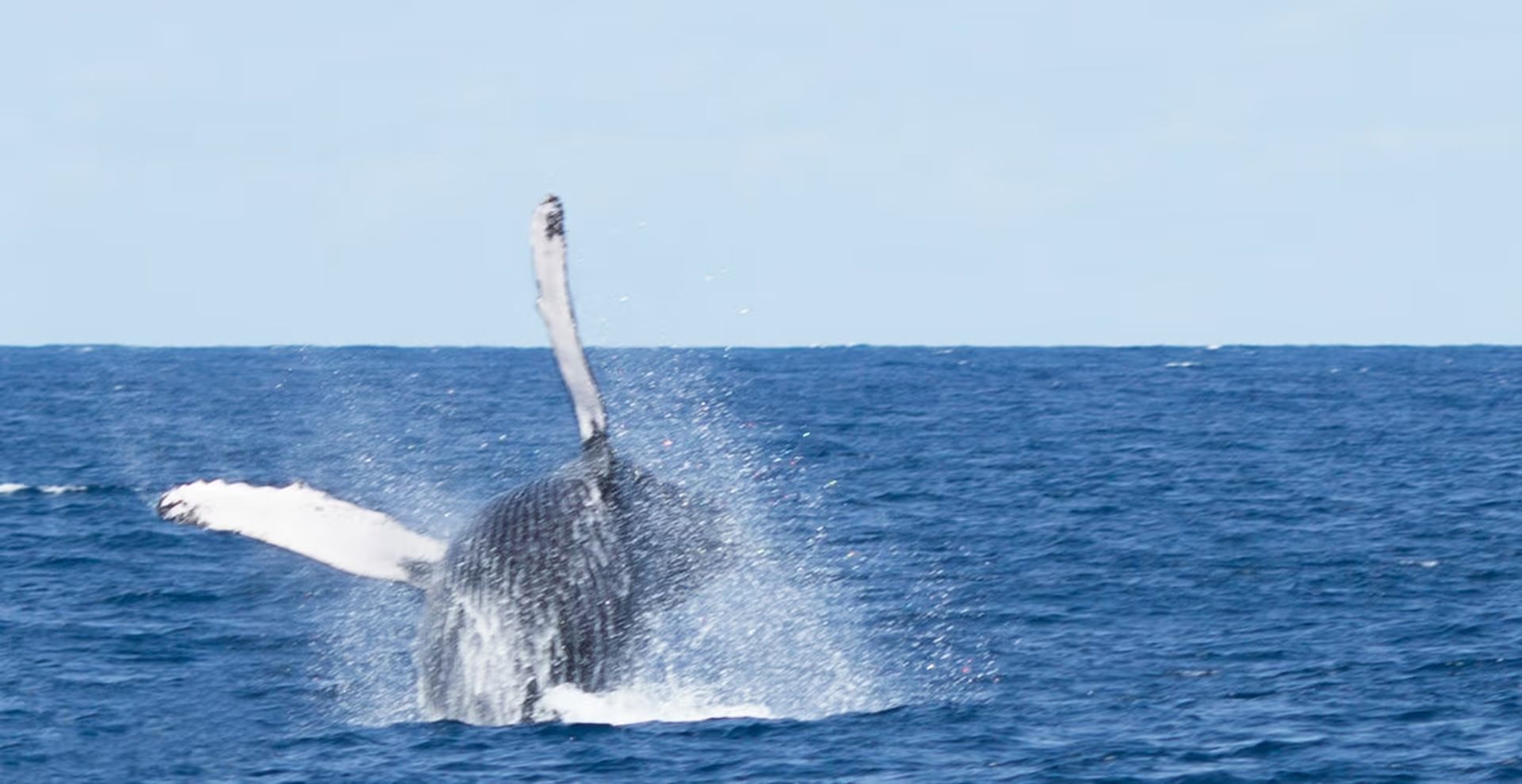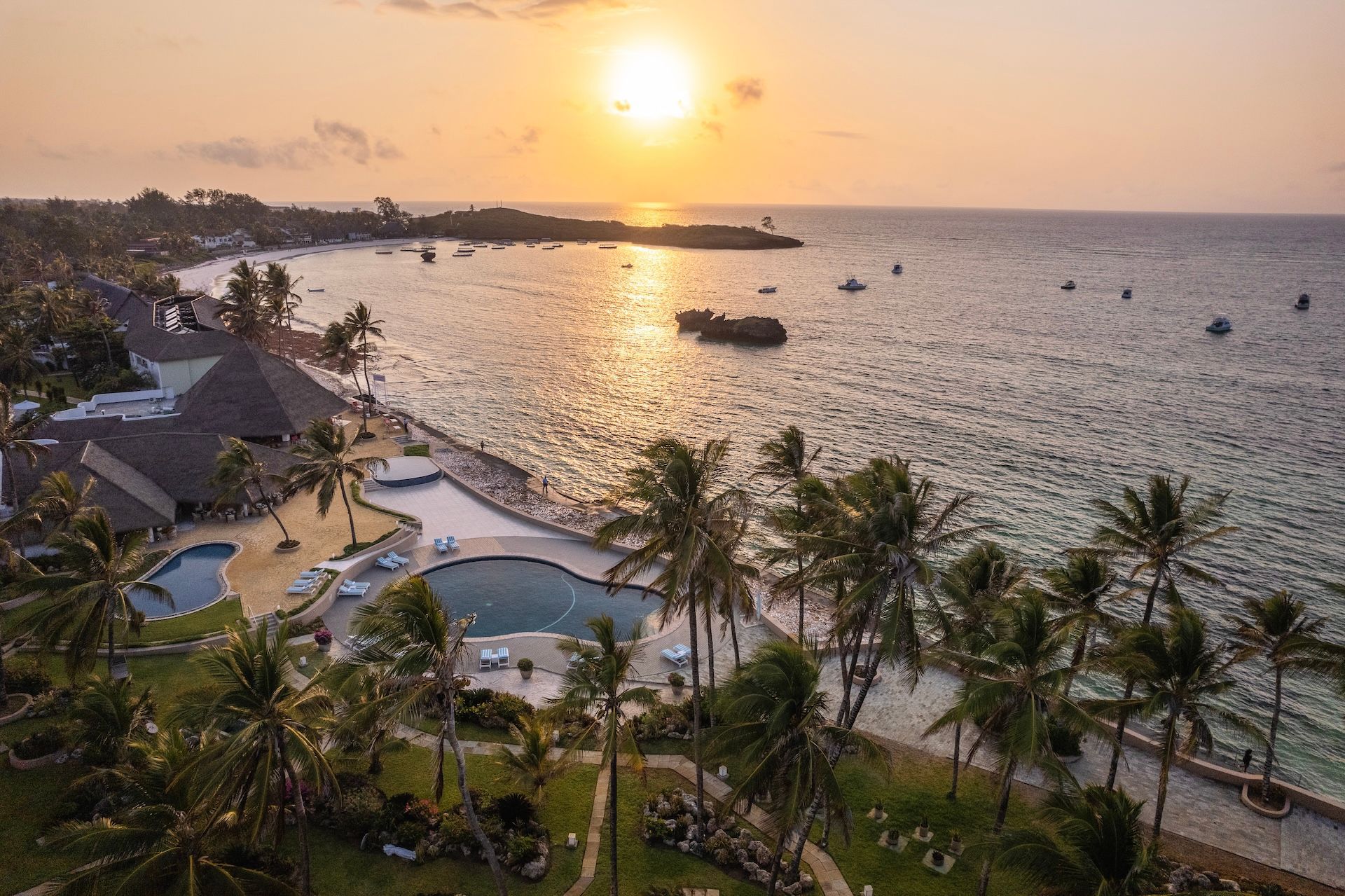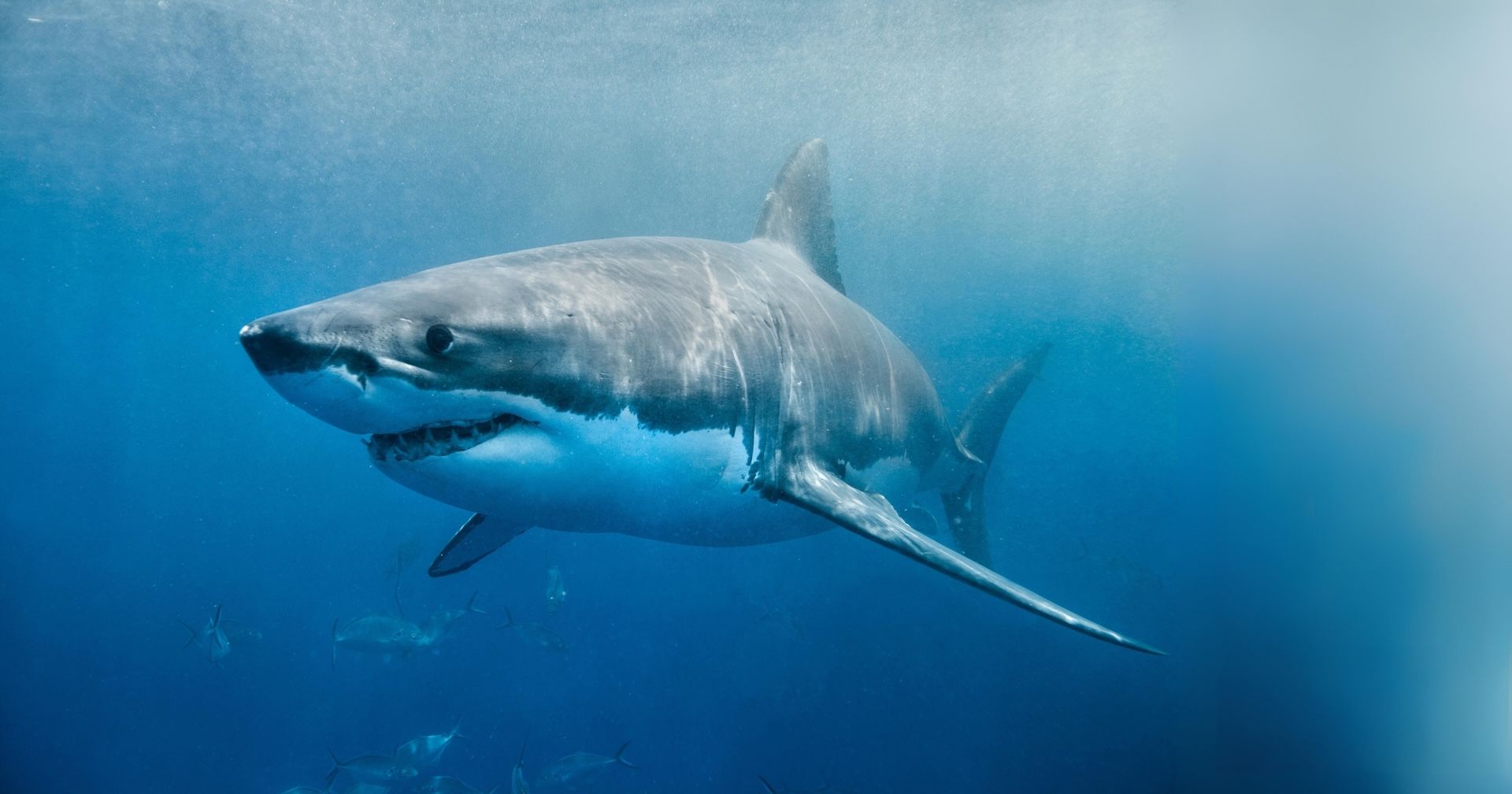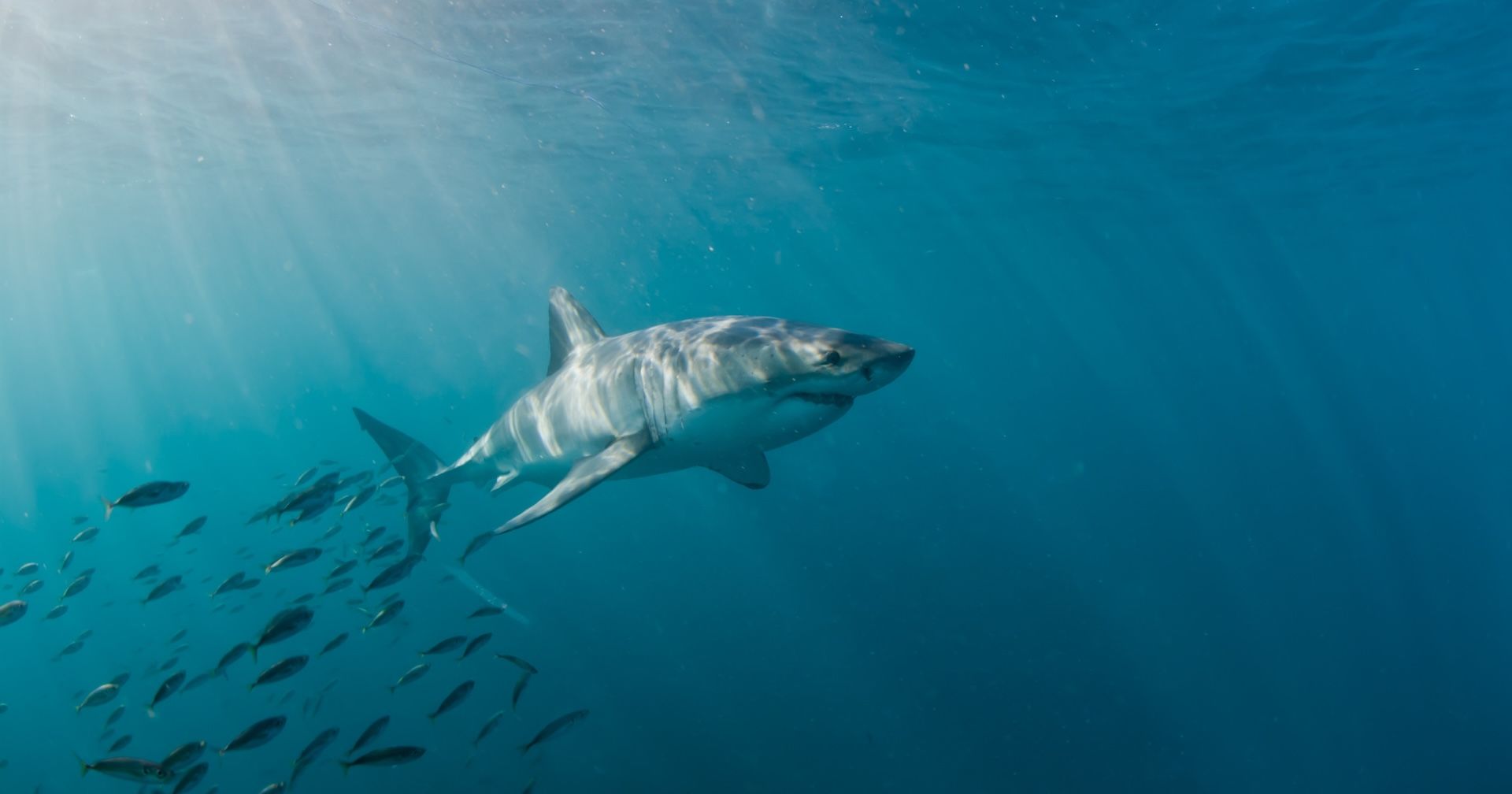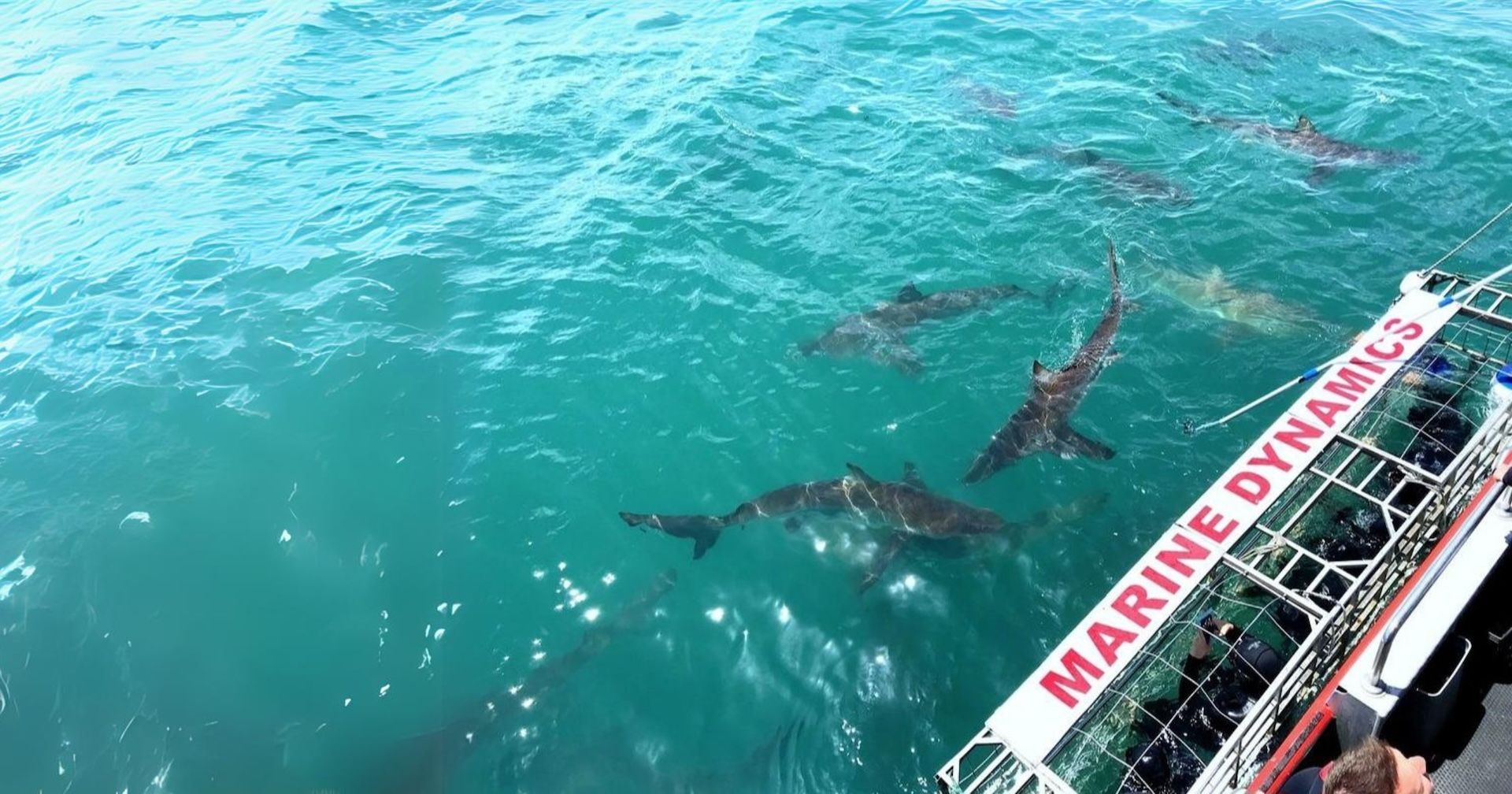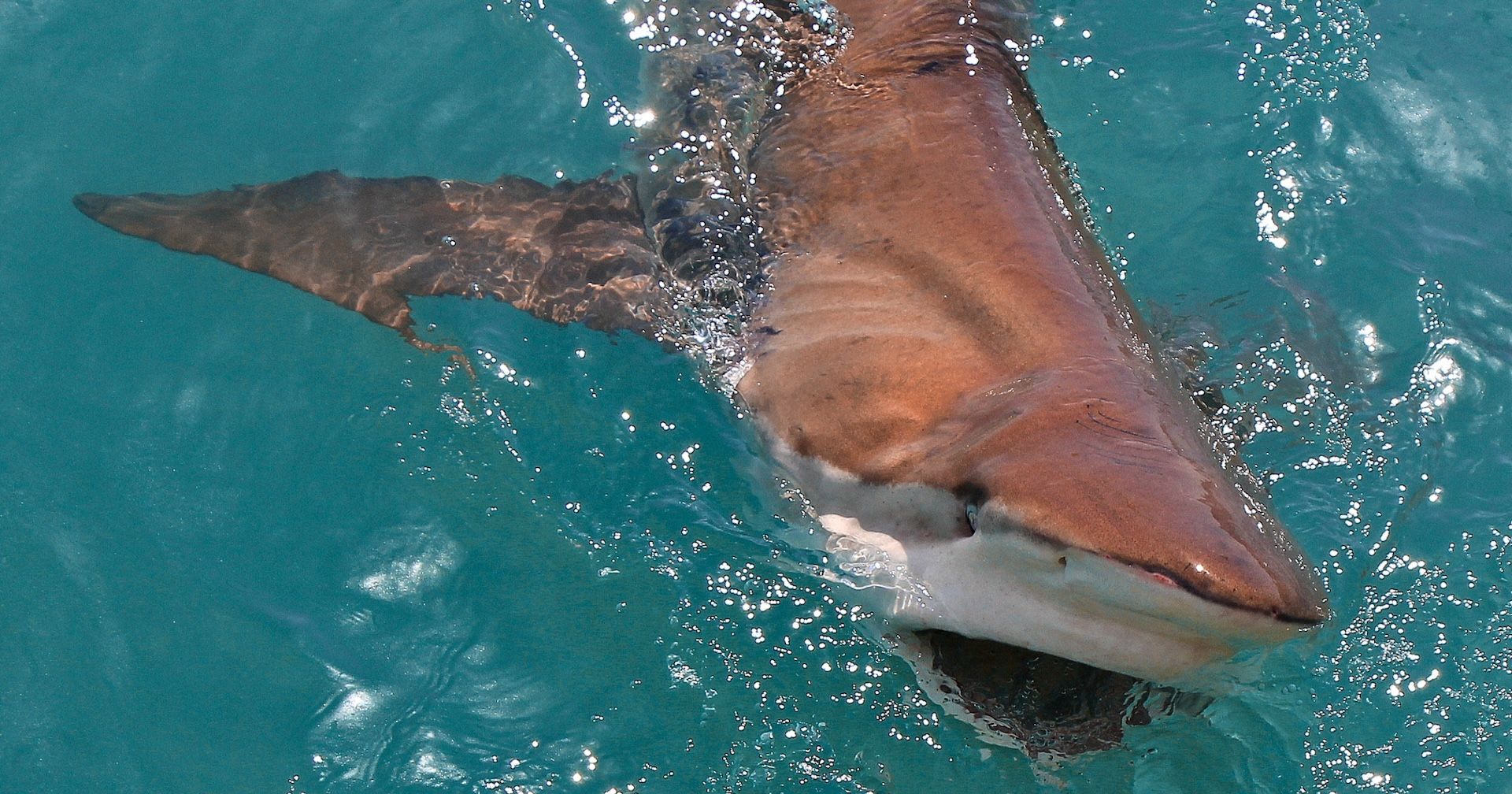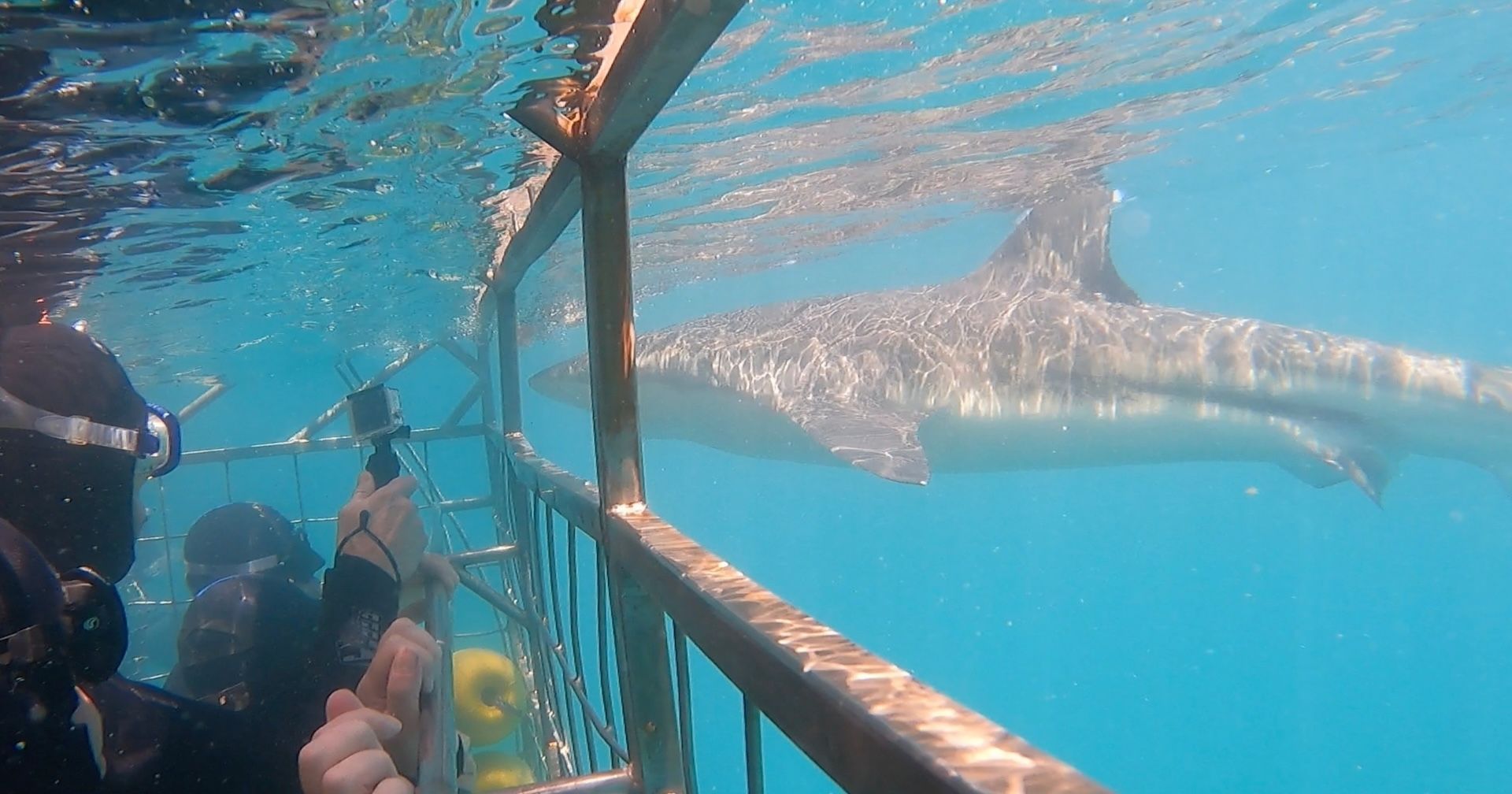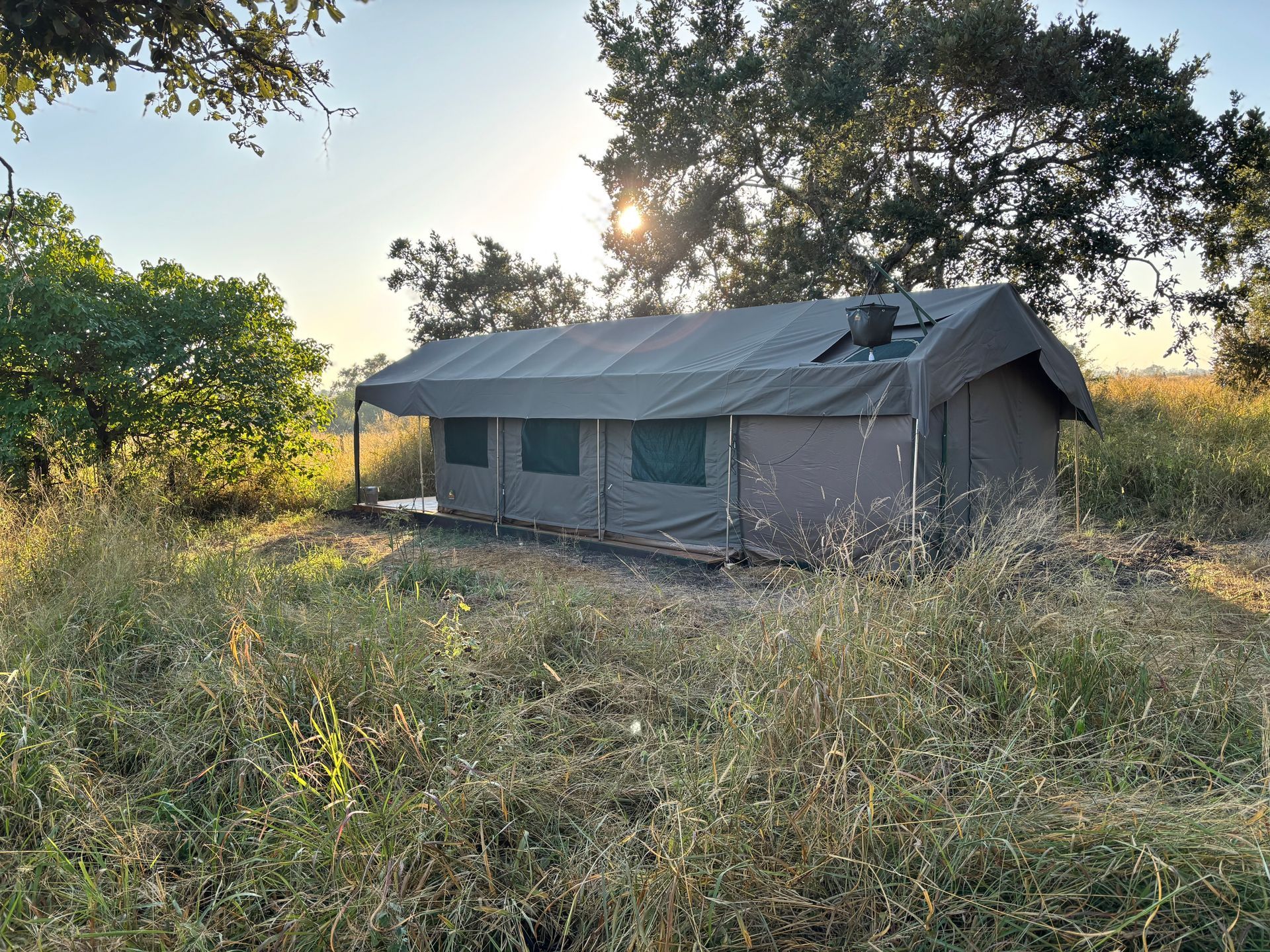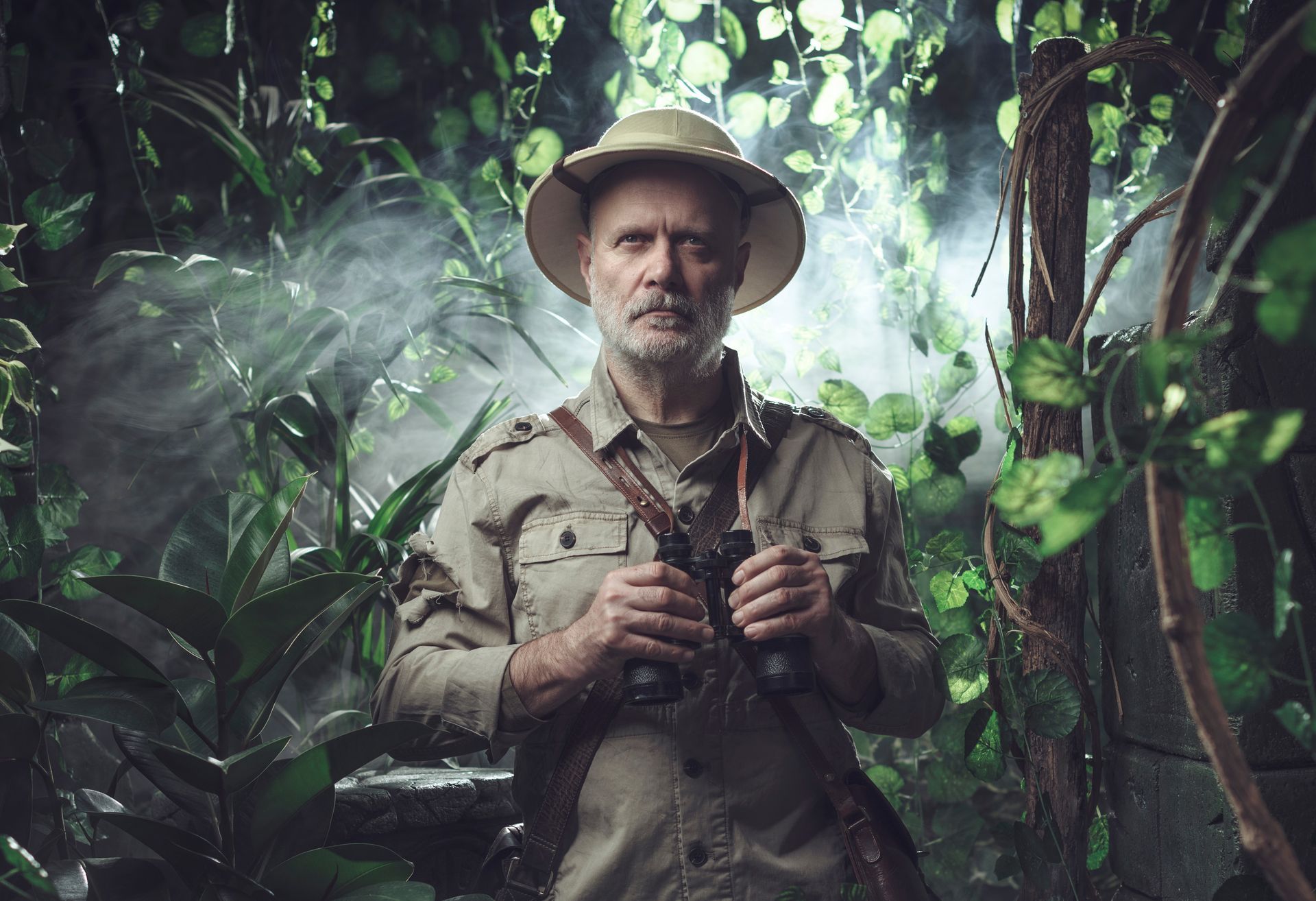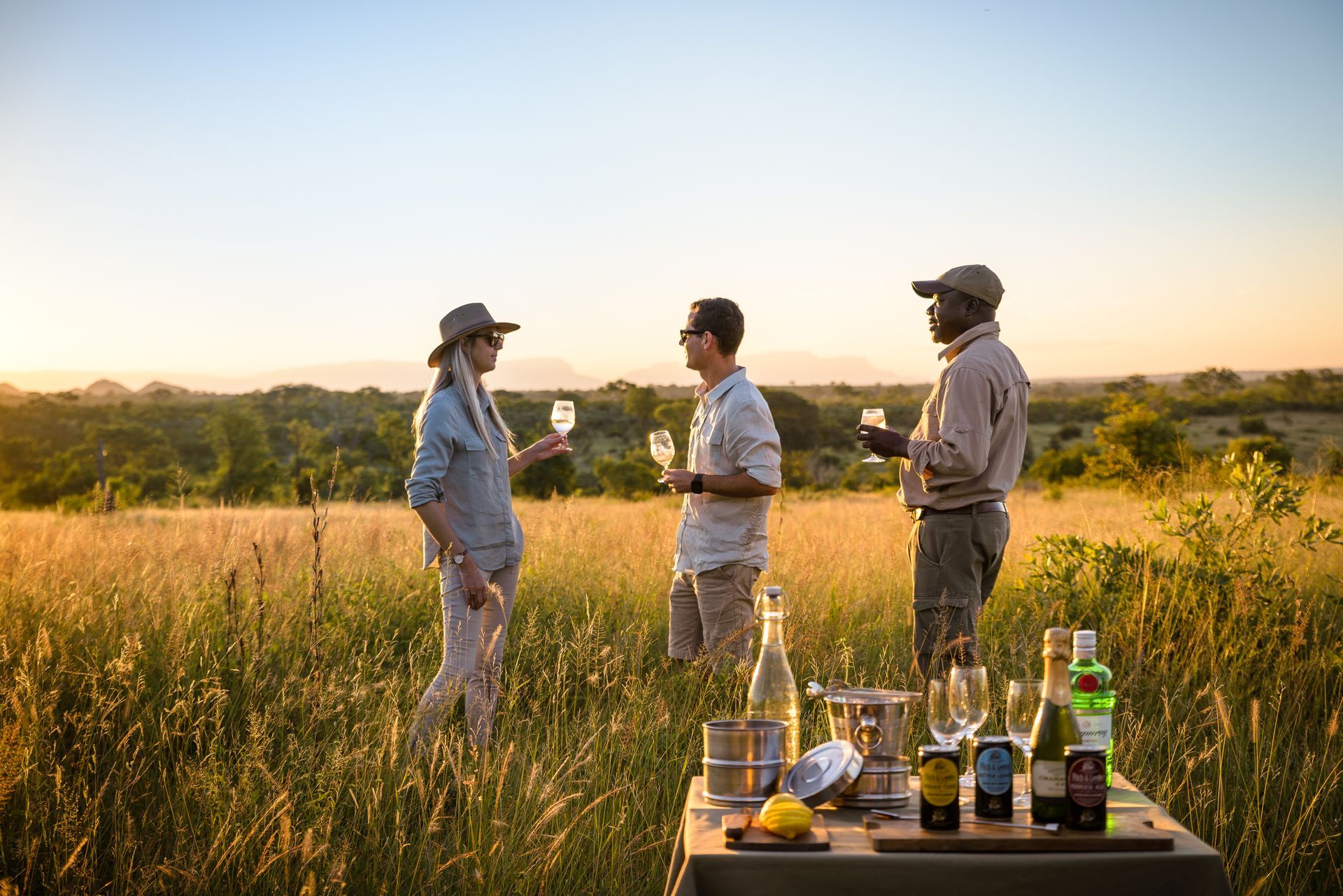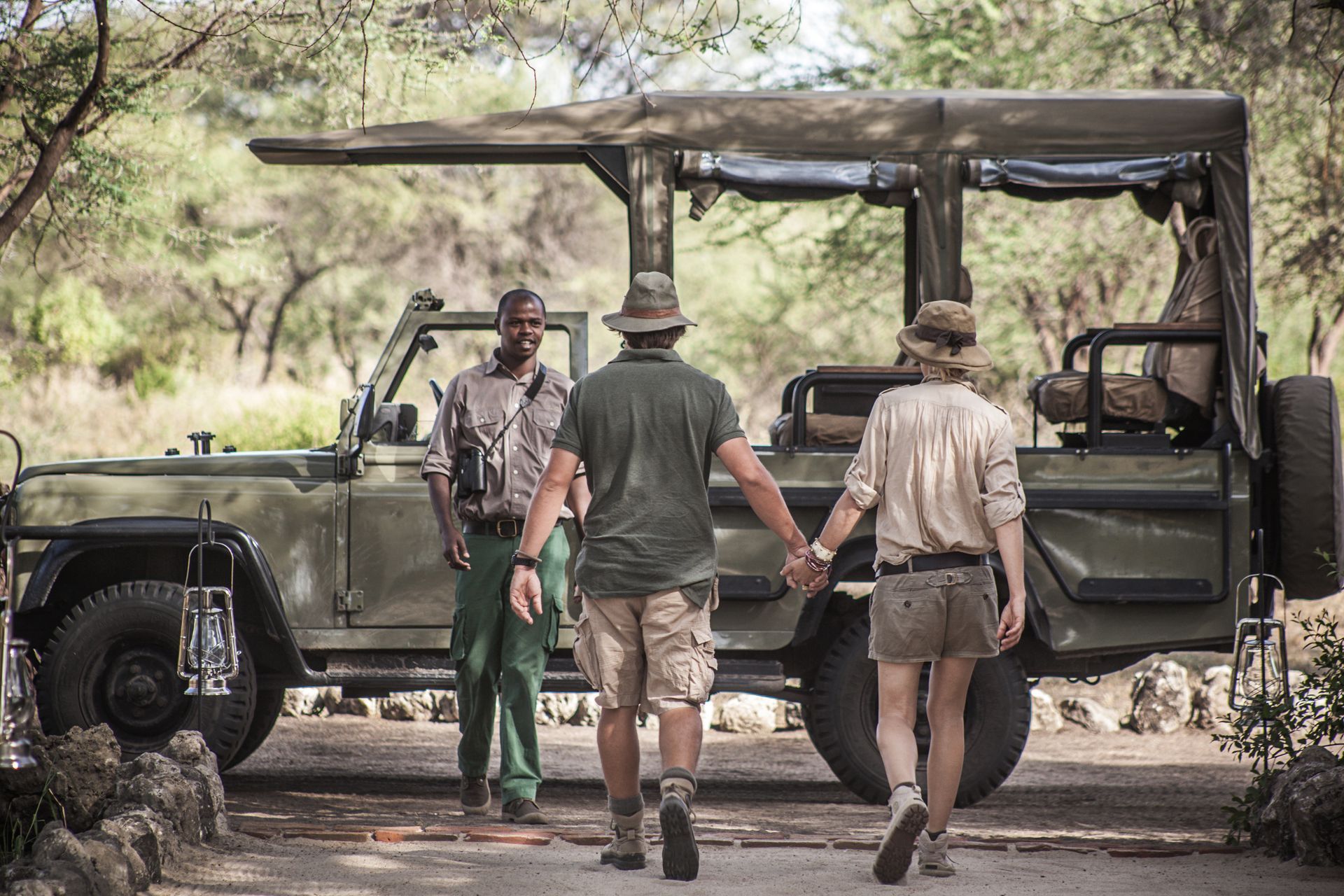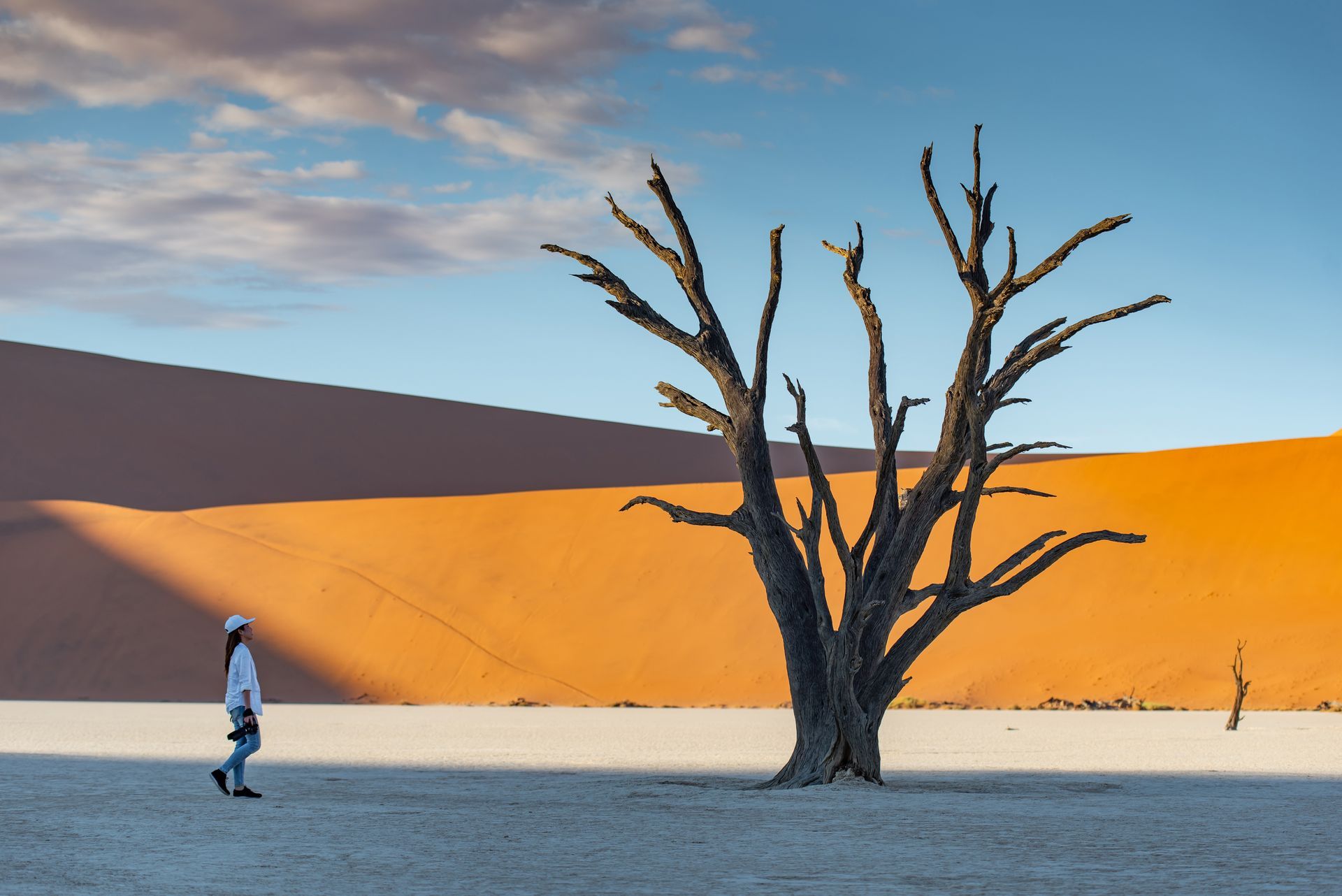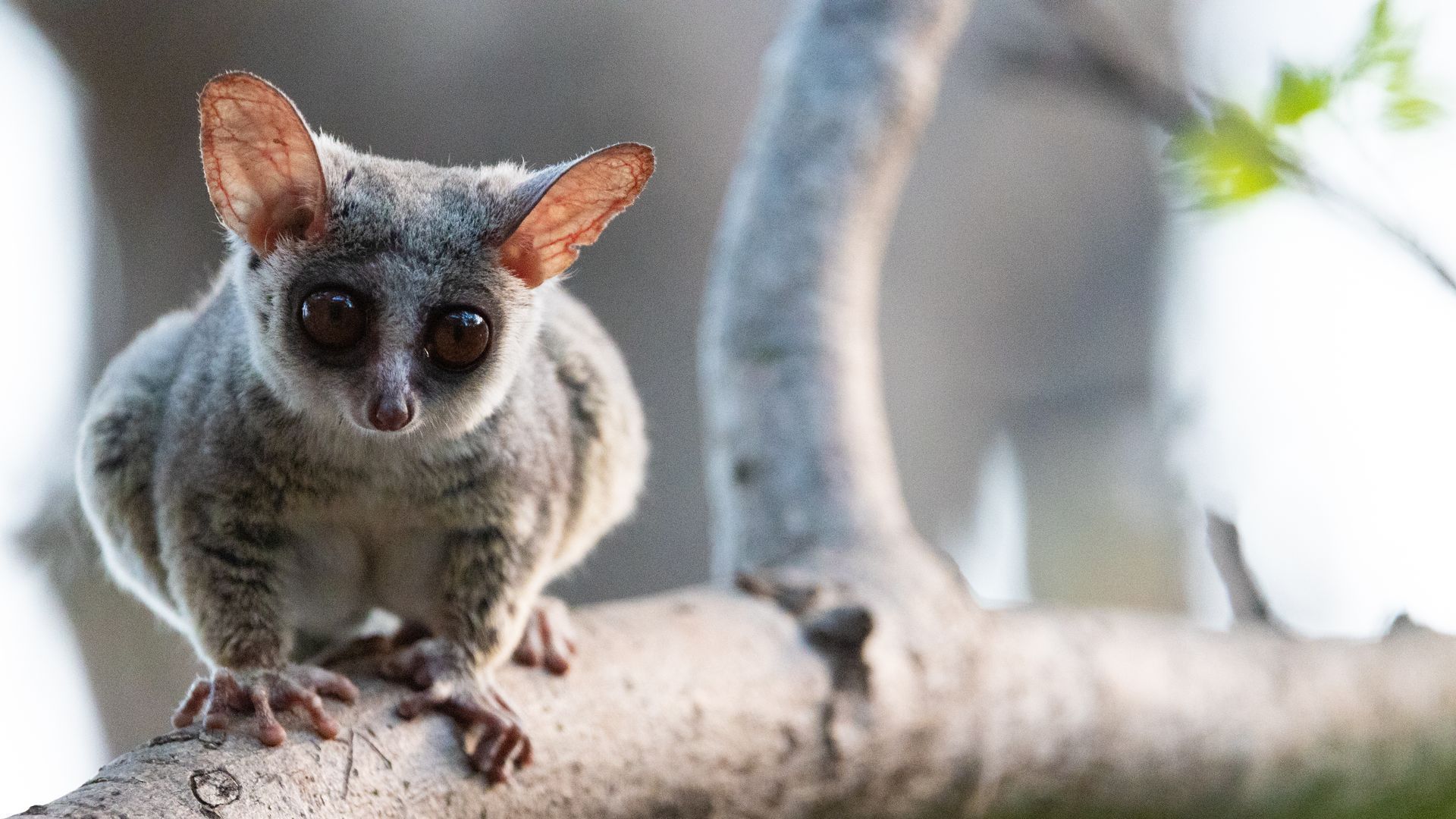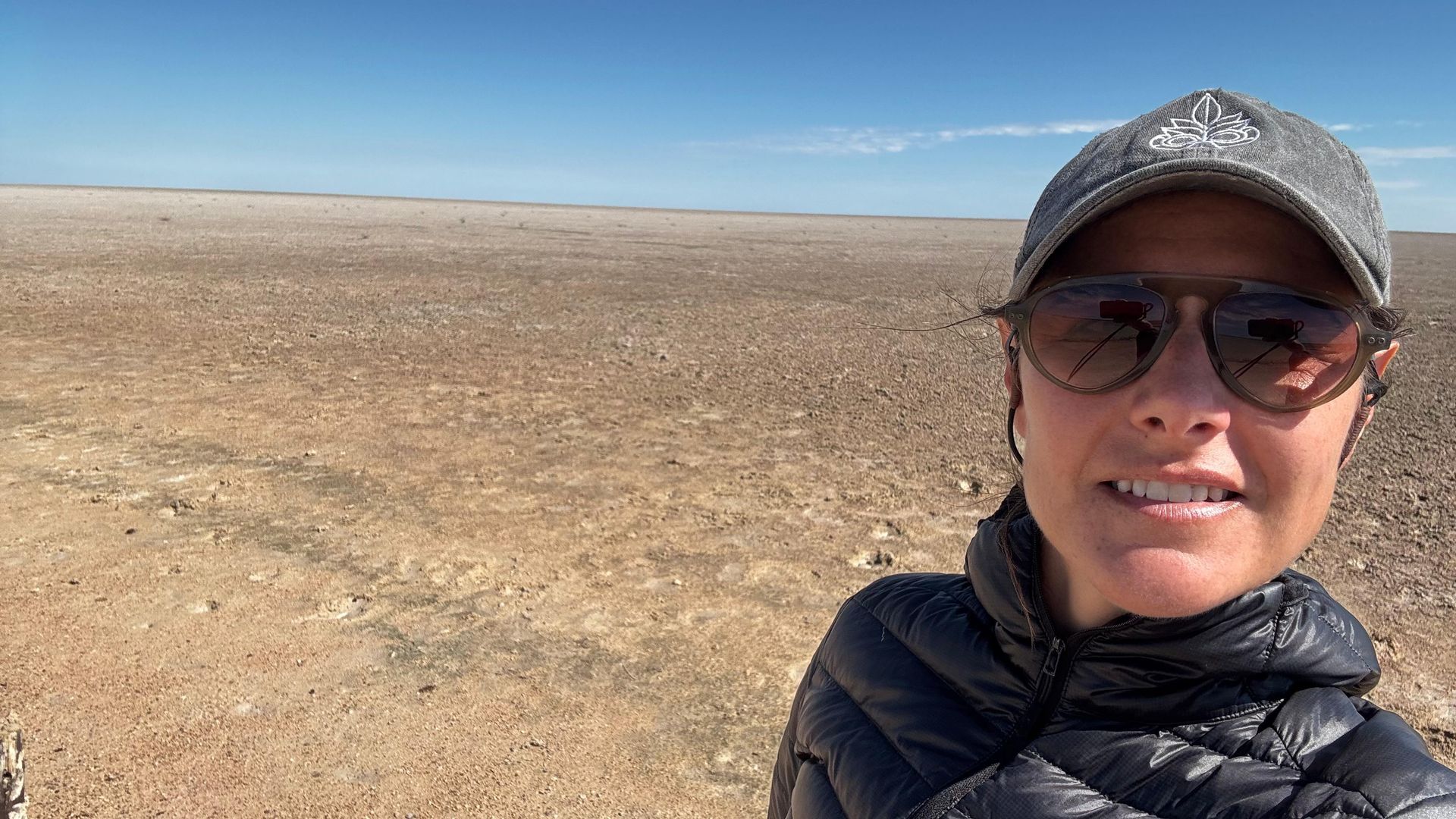ALL AT SEA...
How tourism is helping to keep Africa's marine eco-systems safe
Did you know that every time you put on your cozzie and take a plunge into the crystal-clear, impossibly turquoise waters of the Indian Ocean off Africa's eastern coastline, you're helping to protect critically important marine life? Well, you are, thanks to the important role tourism is playing in helping to conserve and protect coastal eco-systems. And here at Zafaris, we know exactly where to send you to make sure your hard-earned holiday spend is making a lasting difference...
That's right, when you travel with Zafaris to some of Africa's leading seaside paradises, we go the extra mile to ensure the marvellous places you stay at are supporting marine conservation. Whether it's the turquoise waters of the Seychelles or the kelp forests off the Western Cape coastline of South Africa, tourism is making a huge and positive difference.
Africa’s east coast is a global marine biodiversity hotspot. It's home to vibrant coral reefs, migratory megafauna, and a vast array of endemic species, and while this coastline faces significant challenges, including the evils of overfishing, long-lining, climate change, and habitat degradation, conservation efforts are yielding remarkable results. With science, local communities, and sustainable tourism converging to create outstanding marine reserves and marine protected areas, the future of Africa's marine eco-systems is looking a lot brighter.
Here are some of the success stories from along Africa's eastern coastline...
Pioneers ahoy...
Make no mistake about it, the Seychelles is a pioneer where marine conservation is concerned. This archipelago of idyllic islands has emerged as a global leader through a groundbreaking debt-for-nature swap which has seen the country protect 30% of its exclusive economic zone, amounting to over 410,000 square kilometres of ocean.
The Aldabra Atoll, a UNESCO World Heritage Site, hosts one of the world’s largest populations of green turtles, alongside thriving populations of dugongs, reef sharks, and coral species. Restoration projects, such as coral farming and mangrove replanting, are strengthening the archipelago's resilience to climate change.
Meanwhile, tourism that depends on healthy islands and marine life sustains local livelihoods and underscores the importance of marine stewardship and is the second-largest contributor to GDP in this island nation.
Protecting paradise
Dubbed the “Pearl of the Indian Ocean,” Mozambique’s Bazaruto Archipelago National Park is a haven for marine life. Established in 1971, it was the country’s first marine park and remains critical for the conservation of endangered dugongs. The surrounding seagrass meadows and coral reefs teem with life, including dolphins, whale sharks, and over 2,000 fish species. Community-based initiatives have enhanced sustainable fishing practices and reduced destructive activities such as blast fishing. The archipelago also plays a pivotal role in turtle conservation, with annual nesting surveys ensuring the protection of loggerhead and leatherback turtles.
Coral and communities
The Zanzibar Archipelago, off the coast of Tanzania, is a microcosm of East Africa’s marine diversity. Conservation efforts are focused on the Mnemba Island Marine Conservation Area and Chumbe Island Coral Park, both showcasing how tourism can fund marine protection. Mnemba Island’s coral reefs, vital breeding grounds for tropical fish, are being rehabilitated through coral nurseries.
Chumbe Island, a private nature reserve, boasts a no-take marine area and thriving coral gardens, which support endangered species like hawksbill turtles. Local partnerships promote sustainable fishing practices and empower communities to safeguard Zanzibar’s delicate marine ecosystems.
Southern right sanctuary
South Africa’s De Hoop Marine Protected Area (MPA) is renowned for its dramatic coastline and role as a critical nursery for southern right whales. Every winter, these majestic giants migrate to De Hoop’s sheltered bays to calve, offering a front-row seat to one of nature’s most awe-inspiring spectacles. The MPA is also home to endangered African penguins, abalone, and thriving kelp forests. Strict no-fishing zones have allowed marine life to flourish, benefiting local fish stocks and coastal communities. De Hoop is a prime example of how marine conservation can balance ecological health with eco-tourism.
A world heritage wonder
The iSimangaliso MPA is part of the larger iSimangaliso Wetland Park - a UNESCO World Heritage site. It's one of South Africa’s most biodiverse marine ecosystems and stretches from Kosi Bay to Sodwana Bay, encompassing coral reefs, mangroves, and the breeding grounds of loggerhead and leatherback turtles.
Sodwana Bay, in particular, is celebrated for its pristine reefs, which host over 1,200 fish species, including the rare coelacanth, a "living fossil." The MPA is not just about marine life; it also supports the livelihoods of local communities through sustainable fishing and eco-tourism, making it a cornerstone of conservation in KwaZulu-Natal.
Whale watching capital
Hermanus, a charming coastal town in South Africa's Western Cape, is famous for its unparalleled whale-watching opportunities. Every year, southern right whales migrate to the bay to mate and calve, drawing thousands of visitors. Conservation efforts focus on protecting these gentle giants from ship strikes, noise pollution, and entanglement in fishing gear.
Local whale-watching operators adhere to strict regulations to minimise disturbance, while marine research organisations study whale behaviour and health. Hermanus has become a shining example of how marine tourism can drive conservation while benefiting local economies.
Reef rebirth
Kenya’s Watamu National Marine Park is one of the oldest in Africa, established in 1968, and remains a beacon of marine conservation. Its coral reefs, seagrass beds, and mangroves support a staggering array of life, from green turtles to reef fish. Community-led coral reef restoration projects have successfully revived damaged reefs, while turtle conservation programmes ensure the protection of nesting beaches. Eco-tourism plays a vital role here, with local guides and businesses promoting sustainable interactions with marine life. Watamu is also a hub for scientific research, providing critical insights into coral reef health amid climate change.
Great white guardians
Gansbaai, often called the “Great White Shark Capital of the World,” is a hotspot for marine conservation. This coastal town is a focal point for shark research, particularly on great whites, which play a vital role in maintaining oceanic ecosystems.
Conservationists work to dispel myths about these apex predators, emphasising their importance and advocating for their protection against threats like overfishing and habitat loss. Responsible cage-diving operations support local economies while fostering awareness about shark conservation. Beyond sharks, Gansbaai’s kelp forests and Cape fur seal and African penguin colonies underscore its ecological significance.
Talk to us about visiting some of these amazing marine reserves in your next Zafaris safari!
Text: Sharon Gilbert-Rivett
